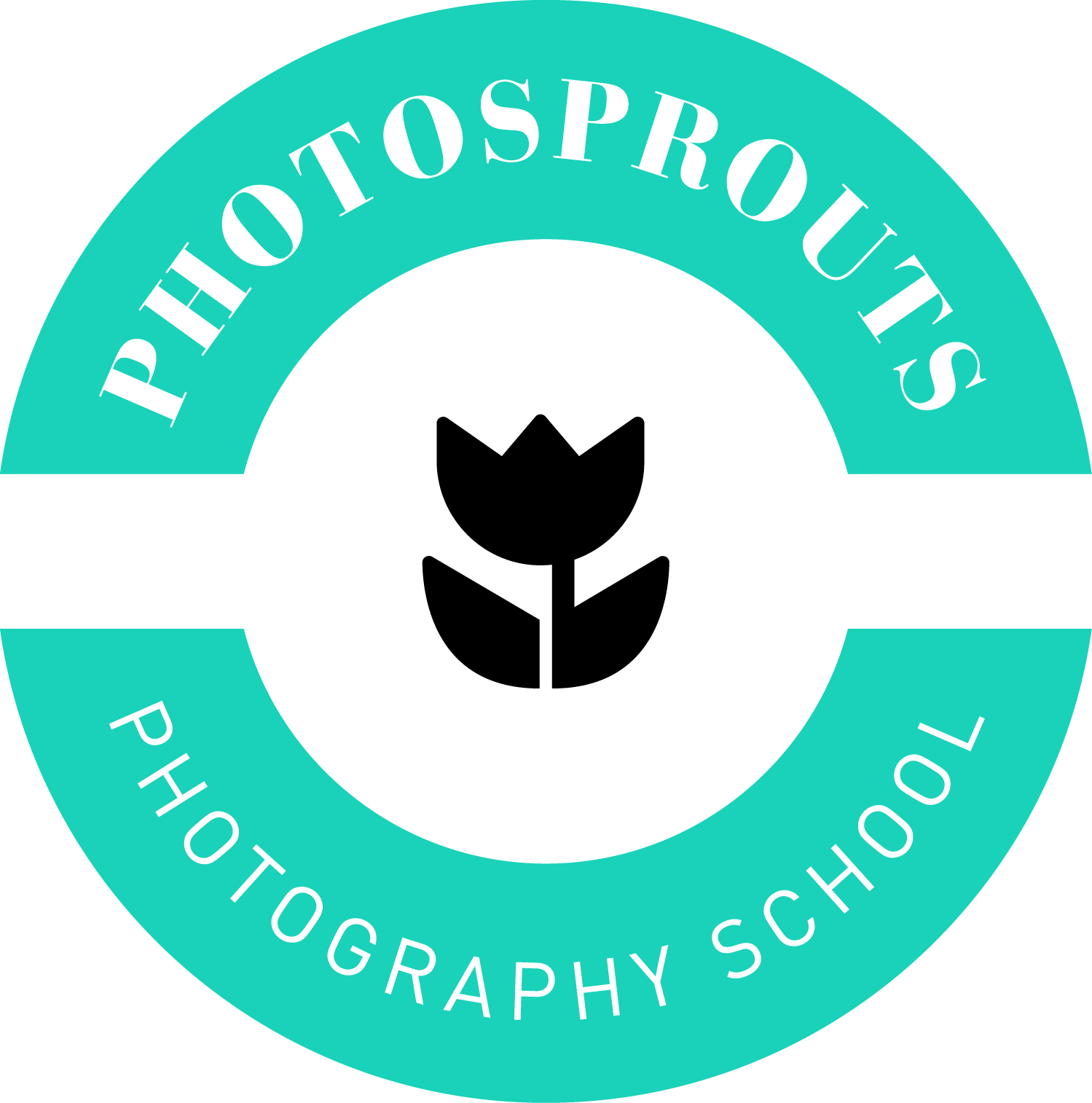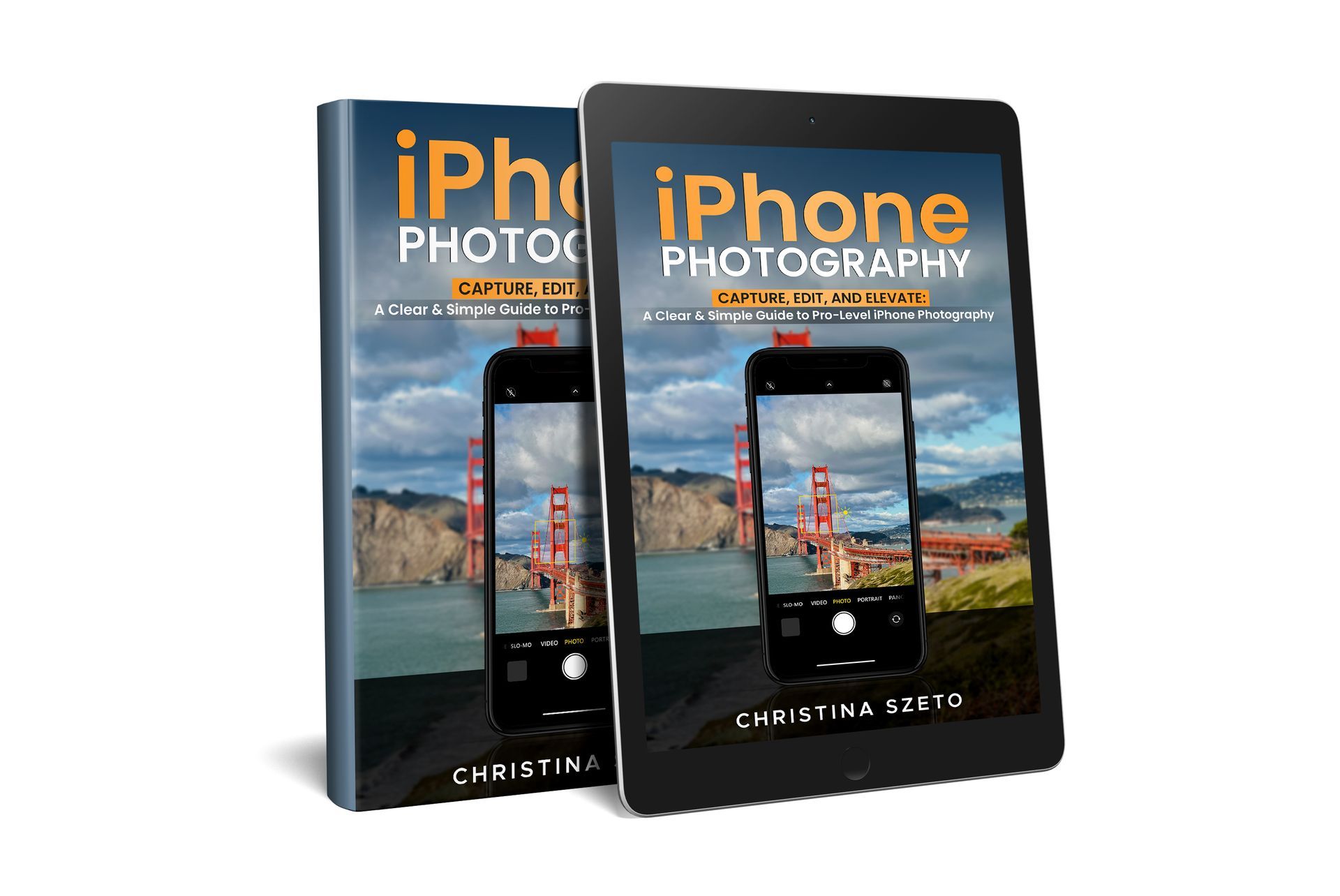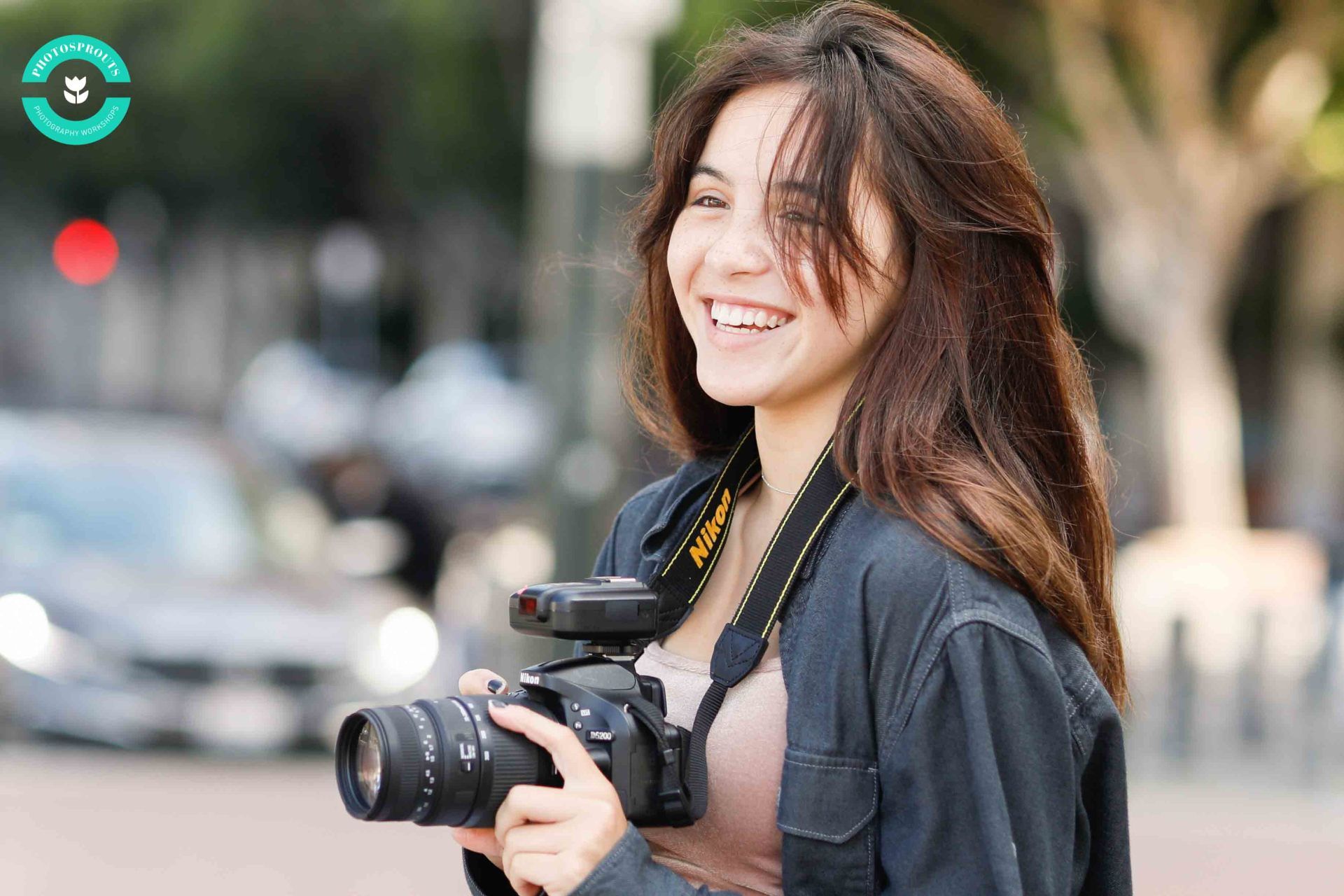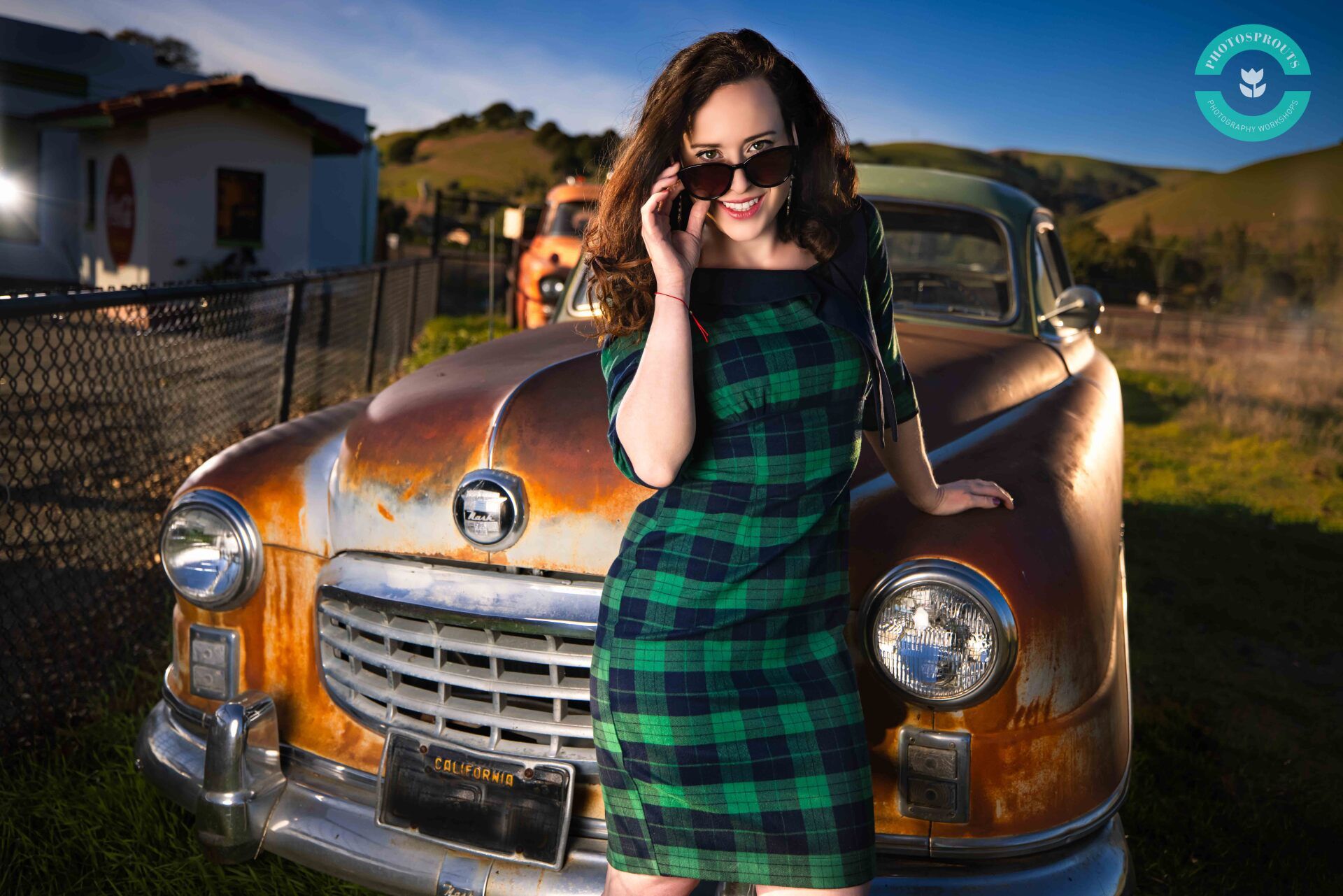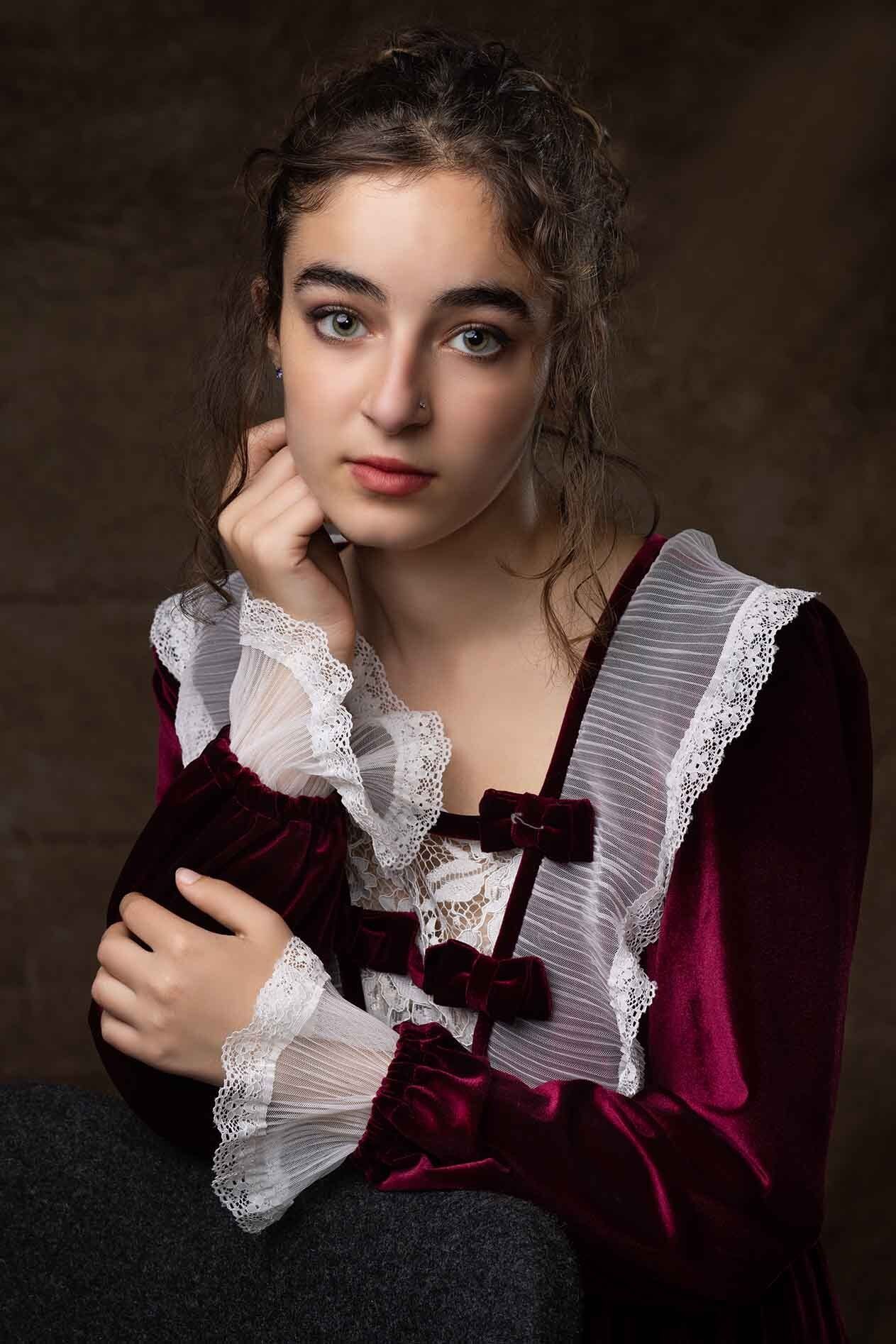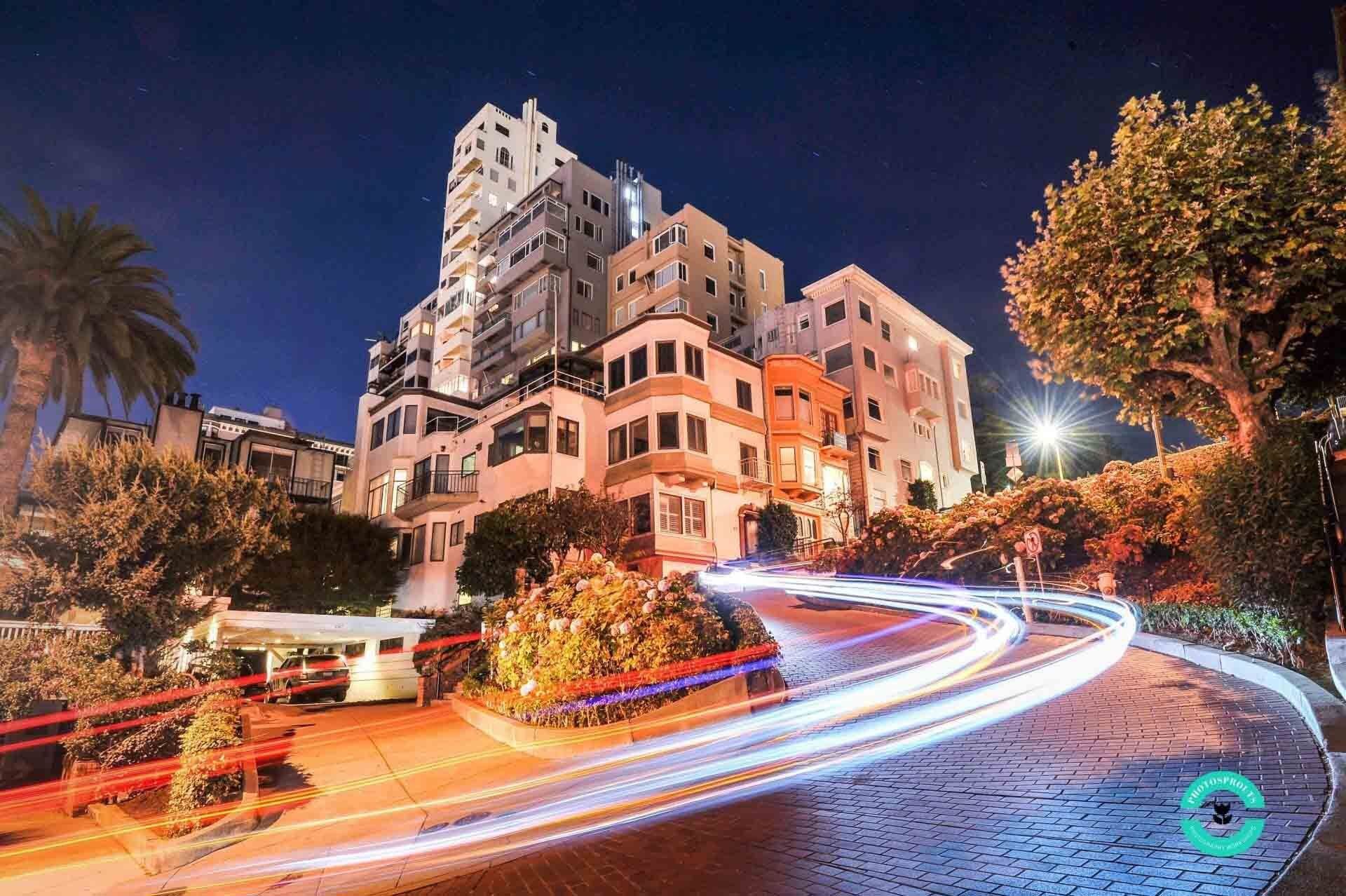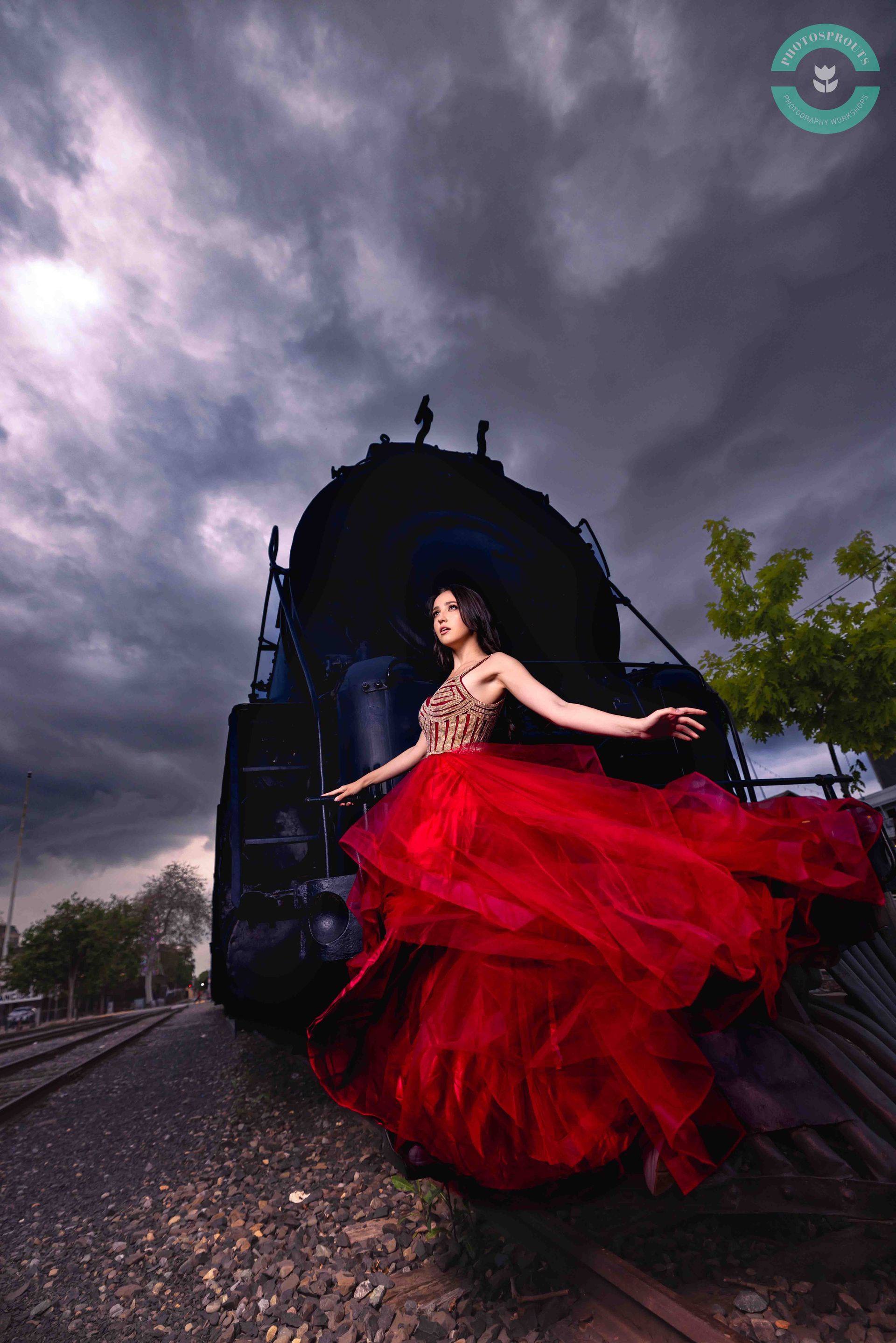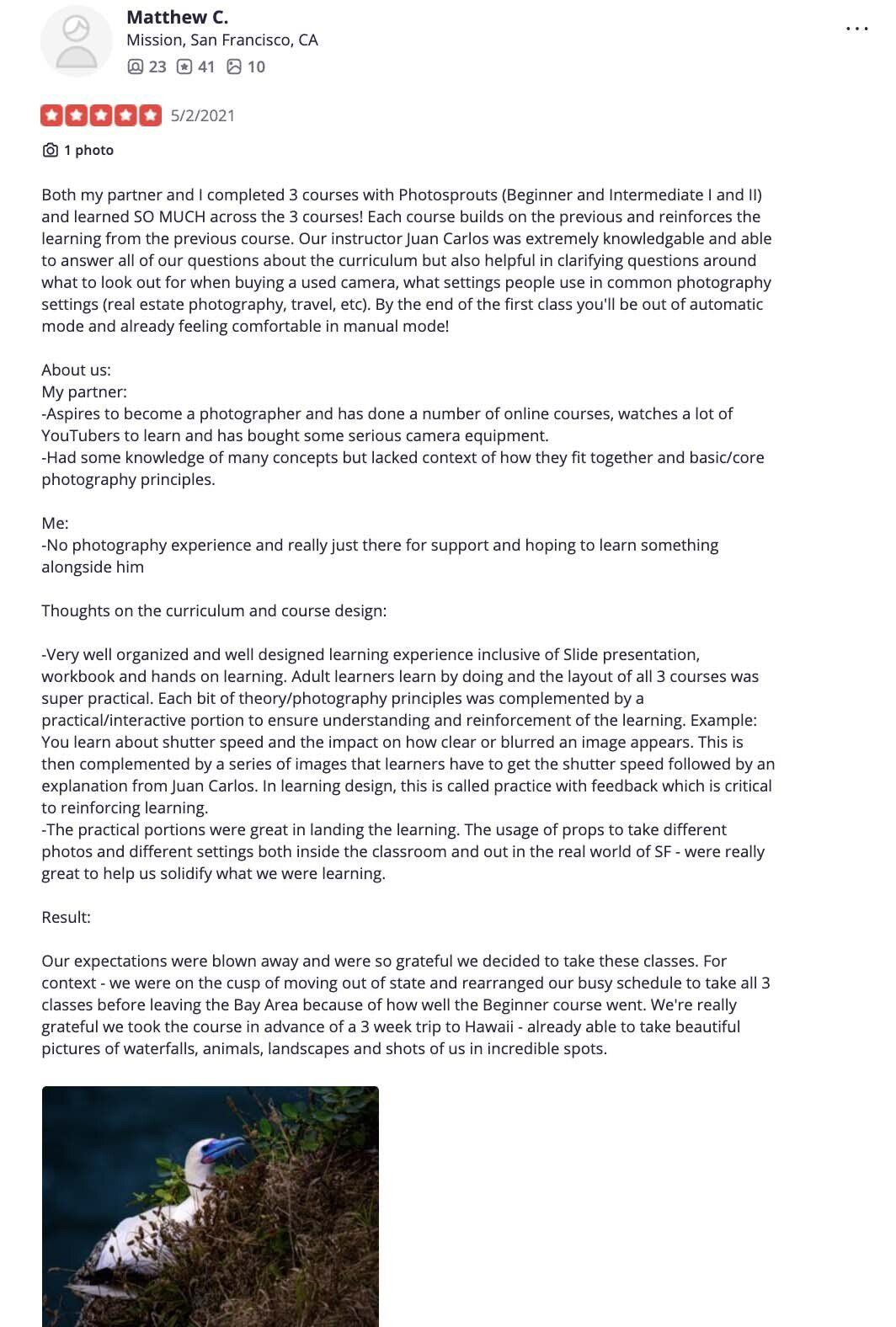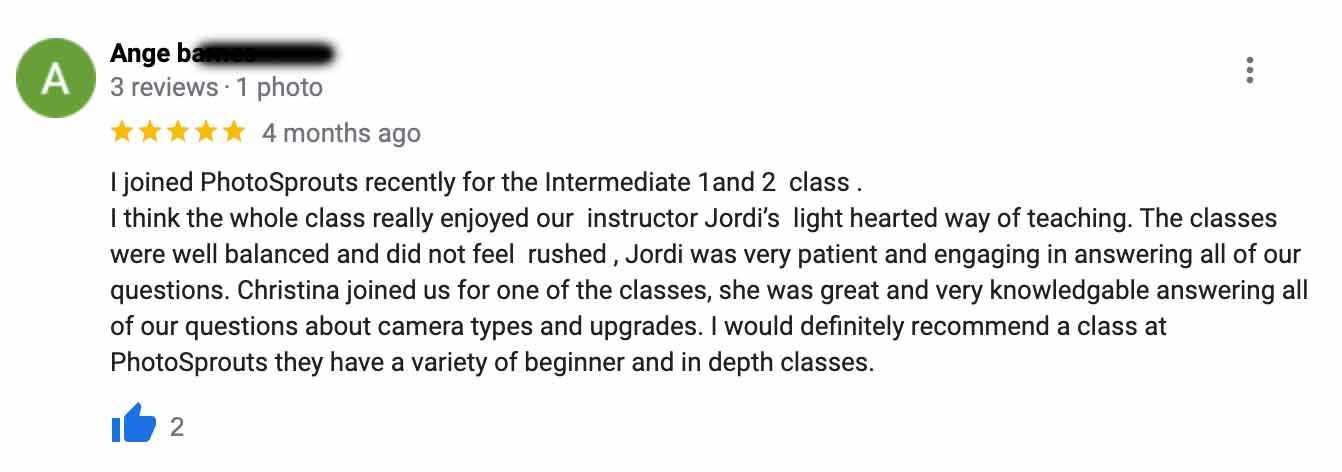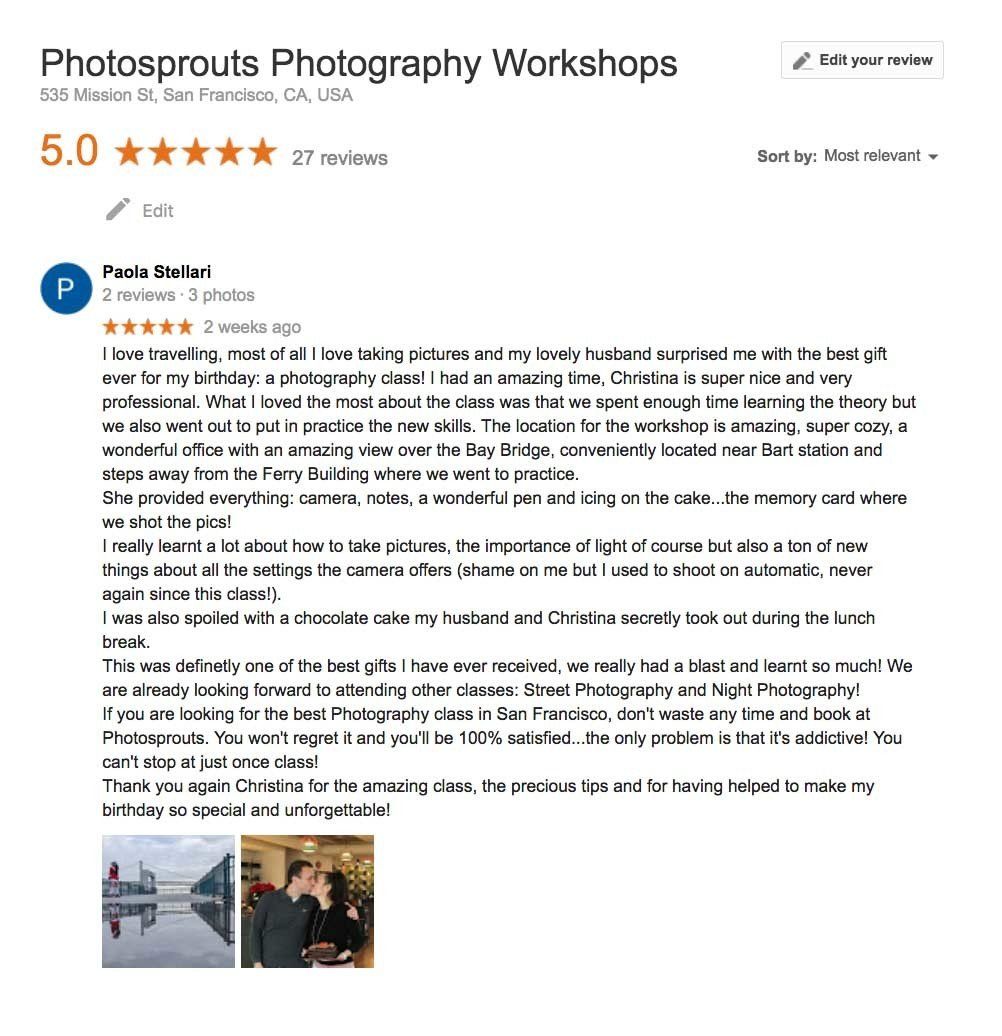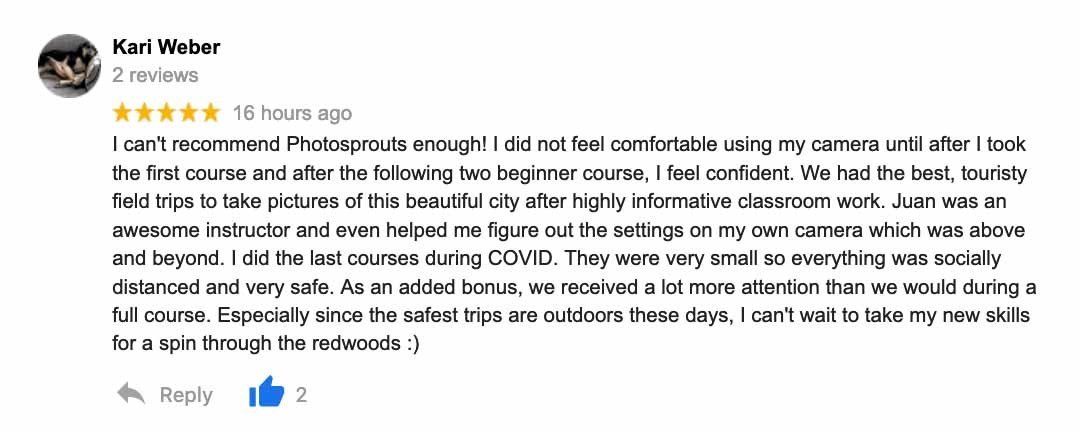eBook
Books and online courses are everywhere—but trust San Francisco's top-rated photography school that consistently leads in-person classes.
Online Classes
Intermediate I & II
Digital Photography Workshops
Equipment Provided
Saturdays 1-4pm
Sometimes, you look at your photos and feel something is missing.
It might be because you've picked the wrong focal length, or you don't know how to do long exposure.
You’ve got the passion, the camera, and the drive—but something still feels missing.
For instance, if your portraits lack depth, it might be because you’re only widening the aperture for background blur but overlooking focal length, lighting, and composition. If your landscape photos feel full, long exposure could be the solution—but if they turn out overexposed, you’ll need to master ND and GND filters for proper light control.
The truth is, great photography isn’t about having the best gear—it’s about understanding how to manipulate aperture & shutter speed, seeing the light, balance the composition, and pick a desirable focal length to create the art.
That’s exactly what you’ll learn in our hands-on, in-person photography workshops.
Photosprouts' Intermediate I workshop is aperture-focused, covering portrait, still life, and urban landscape photography, while Intermediate II dives into shutter speed, teaching long exposure, street photography, and light painting—with ND and GND filters provided. Join us and gain the confidence to take the photos you truly love!
You can use your equipment and learn how to fully leash their potential. Or if you don't have one, we'll provide a modern, up-to-date mirrorless camera, the Canon R50 and 3 lenses for you during the class.
While you'll consolidate the photography knowledge through the hand-on exercises in the classroom, you'll also develop your photographer's eye during the field trips.
Each attendee will print one photo and frame it after the Intermediate I Workshop.
Teenagers aged 12+ are welcomed.
Quick Facts
| Intermediate I | Intermediate II | ||
|---|---|---|---|
| Duration | 3 Hours | 3 Hours | |
| Date and time | Saturdays, 1pm-4pm | Saturdays, 1pm-4pm | |
| Equipment provided | Canon R50 mirrorless camera, 3 lenses (kit, prime, telephoto) | Canon R50 mirrorless camera, 3 lenses (kit, prime, telephoto) | |
| Area of focus | Aperture Focal lengths Lenses Depth of field Composition I Focus modes | Shutter speed ND & GND filters White balance Composition II Crop factors, Full Frame & APCS cameras | |
| Intro to | Landscape, Portrait, Still-life, Eye AF | Street & action Long exposure & waterfall Light painting | |
| Field trips | Ferry Building, Pier 14 | Yerba Buena Park, SF MOMA (public area) | |
| Class size | 6 | 6 | |
| Price | $235 | $235 | |
| Prerequisite | Beginners | Beginners |
Note: Intermediate I and II have different focuses instead of the level of difficulty—there’s no need to take Intermediate I before the Intermediate II.
Available Dates
Note:
The Intermediate I Workshop is a one-off, 3-hour class
The Intermediate II Workshop is a one-off, 3-hour class
Location:
535 Mission Street, San Francisco
*We no longer offer classes in Palo Alto*
**
Intermediate I
April 26th 2025, Saturday, 1pm-4pm
May 3rd 2025, Saturday, 1pm-4pm
May 10th 2025, Saturday, 1pm-4pm
June 7th 2025, Saturday, 1pm-4pm
June 14th 2025, Saturday, 1pm-4pm
**
Intermediate II
April 19th 2025, Saturday, 1pm-4pm
May 24th 2025, Saturday, 1pm-4pm
June 28th 2025, Saturday, 1pm-4pm
***
If none of the above dates suit your schedule, you can:
Option 1-
Sign up for the Beginners & Intermediate Online Workshops.
Option 2-
Book a private class. Learn more about the rate and length of a private class here.
***
Policy
As we only take 6 students every week, please try not to reschedule unless you really have to. Rescheduling is only allowed ONCE and at least 3 days prior to the start of the class.
Bundled Discount Codes

BUNDLED123
Save $100
Beginners + Intermediates I & II

BUNDLED23
Save $60
Intermediates I & II

BUNDLED12
Save $30
Beginner + Intermediate I
Videos
Attendees will print their photos of the field trips at the end of the Intermediate I Workshop
FAQ
-
What is the prerequisite?
The Beginners' Workshop or the ability to shoot on the Semi-Auto Modes (Aperture Priority Mode, Shutter Speed Priority Mode).
-
Why are the Intermediate Workshops 3 hours instead of 2?
At the intermediate level, we believe learning should go beyond a quick overview.
That’s why we dedicate a full 3 hours to each class—so there’s enough time for in-depth instruction, hands-on practice, and real-life outdoor photoshoots.
It’s important to us that you not only learn the theory but also have the chance to apply it meaningfully. We’ve found that anything shorter can feel rushed and may not fully satisfy your curiosity or growth after completing the beginners’ workshop.
-
I don't have a camera, do you provide one?
Yes, we provide the Canon R50 mirrorless camera and 3 lenses during the class, all for free.
-
Can I use my own equipment?
Yes, you can bring your own equipment and learn how to use it.
-
I own a DSLR camera, can I still be able to utilize if after the class?
Yes, you can!
There are only 5 core and universal settings that you need to know to shoot on any cameras, including mirrorless and DSLR cameras.
However, DSLR cameras will give you a harder time to change the focus point and nail the exposure. You have to do multiple trial-and-errors in order to determine the exposure and composition. The process can take up to 60 seconds.
As for mirrorless cameras, changing the focus point is extremely easy and you can also instantly preview the composition and exposure before a shot is take. The process may take as short as 5 seconds.
While you can still apply the knowledge that you learn in the class with a mirrorless camera to your DSLR, you'll hate the old technology in it.
The photography industry is rapidly moving towards mirrorless technology, and DSLRs doesn't worth that much in the used market. We recommend you to sell your DSLR equipment as soon as possible when it still has a little value, and use the money to go fully mirrorless.
-
What's the difference between a DSLR and a mirrorless camera?
You'll learn the difference between a DSLR and a mirrorless camera in great detail in the Beginners' Workshop. In summary, the advantages of mirrorless cameras over traditional DSLRs are:
1) Faster focusing.
2) Captures an image electronically rather than optically, allowing more accurate focusing.
3) Have Eye AF (automatically places and locks the focus on a human/ animal eye, resulting in sharper portraits).
4) Allows live view shooting, which means the users can instantly see the exposure and composition on the LCD screen. Note that the "live view mode" of a DSLR camera do not work in the same efficient way as a mirrorless one.
5) Lighter.
6) Will replace the DSLR cameras in a few years.
-
How do I find out if my camera is DSLR or mirrorless?
Google it:
"_your camera model + dslr or mirrorless?"
and you will see the result.
E.g "Canon R50 dslr or mirrorless"
--> Google's answer: Mirrorless
E.g "Nikon D700 dslr or mirrorless"
--> Google's answer: DSLR
-
Should I also sign up for the Beginner Workshop?
If you have no photography background, or are shooting in the Auto Mode, please take the prerequisite course, The Beginner's Workshop. Even you are already shooting in the semi-auto modes, we still encourage you to sign up for the Beginner's Workshop to build up a solid foundation in photography.
-
I'm also attending the Beginner's Workshop same day in the morning, will there be any overlapping information?
While the Intermediates Workshops are totally different from Beginner's, the first 30 minutes in Intermediate I will be a review of Beginner's Level concepts.
Attendees who have attended the Beginner Workshop in the same day will have an option of taking a longer lunch break and be back at 1:30pm (instead of 1pm).
It is necessary for us to spend 30 minutes to help attendees from the previous sessions refresh their memories.
-
Why should I sign up for all the Beginner & Intermediate Workshops?
The Beginners & Intermediate Workshops are designed to help attendees build a solid foundation in photography, each of them have a different focus.
By completing the 3 Workshops, attendees should be able to shoot confidently in the manual mode with great awareness of lighting.
In the Intermediates I & II, attendees will be introduced to various types of photography through hands-on practice in the manual mode: Landscape, Portrait, Action, Still-life, Street, Water (long exposure) and Light Painting.
Accessories for long exposure photography such as ND and GND filters will be provided in the Intermediate II Workshop.
-
Is this class also for teenagers?
Yes, teenagers aged 12+ are welcomed!
The class will be a mix of teens and mostly adults students.
Learn the basics of Portraiture, Urban Landscape, Still-life, Action, Light Painting, Long Exposure Photography
and more

Slide title
Write your caption hereButton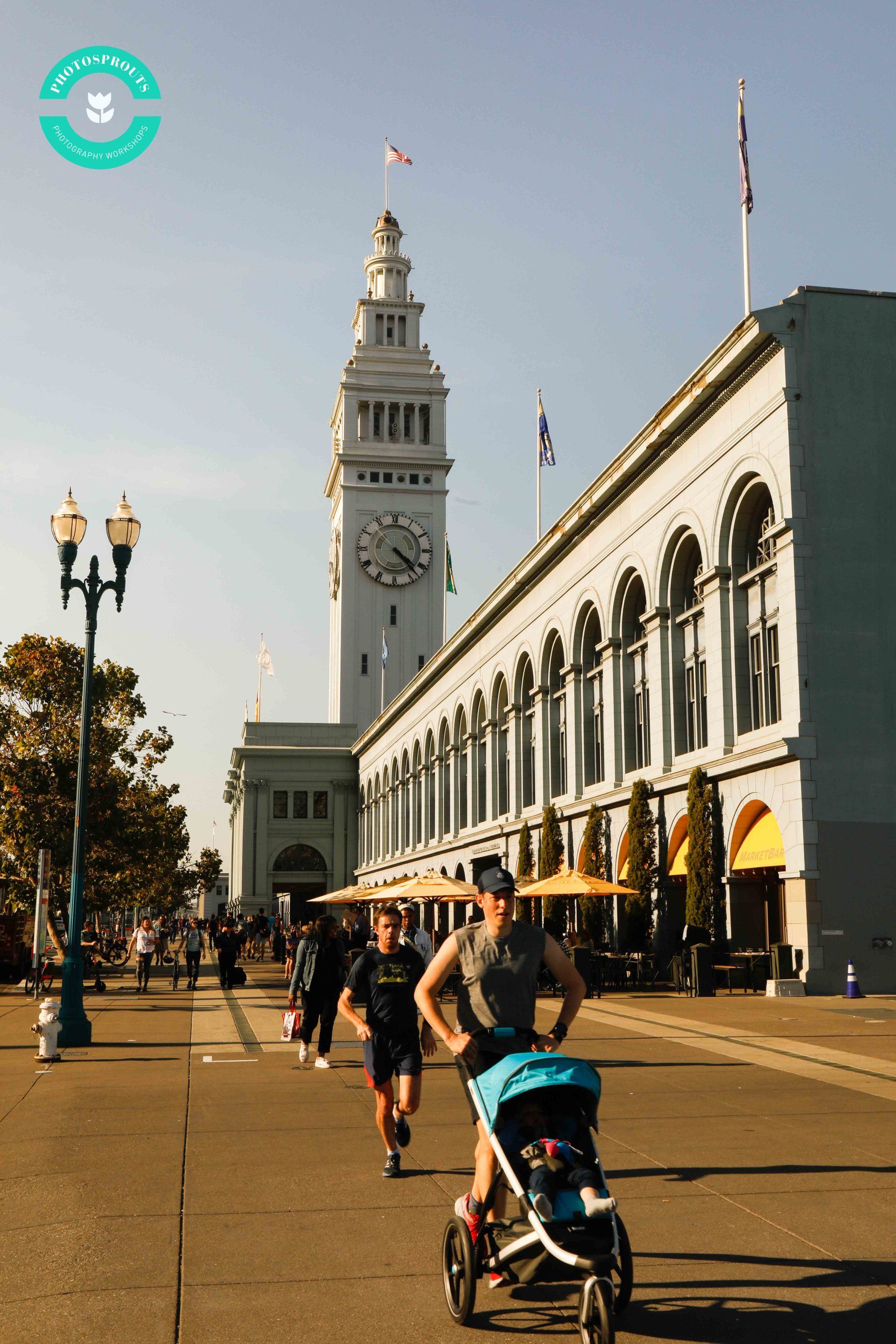
Slide title
Write your caption hereButton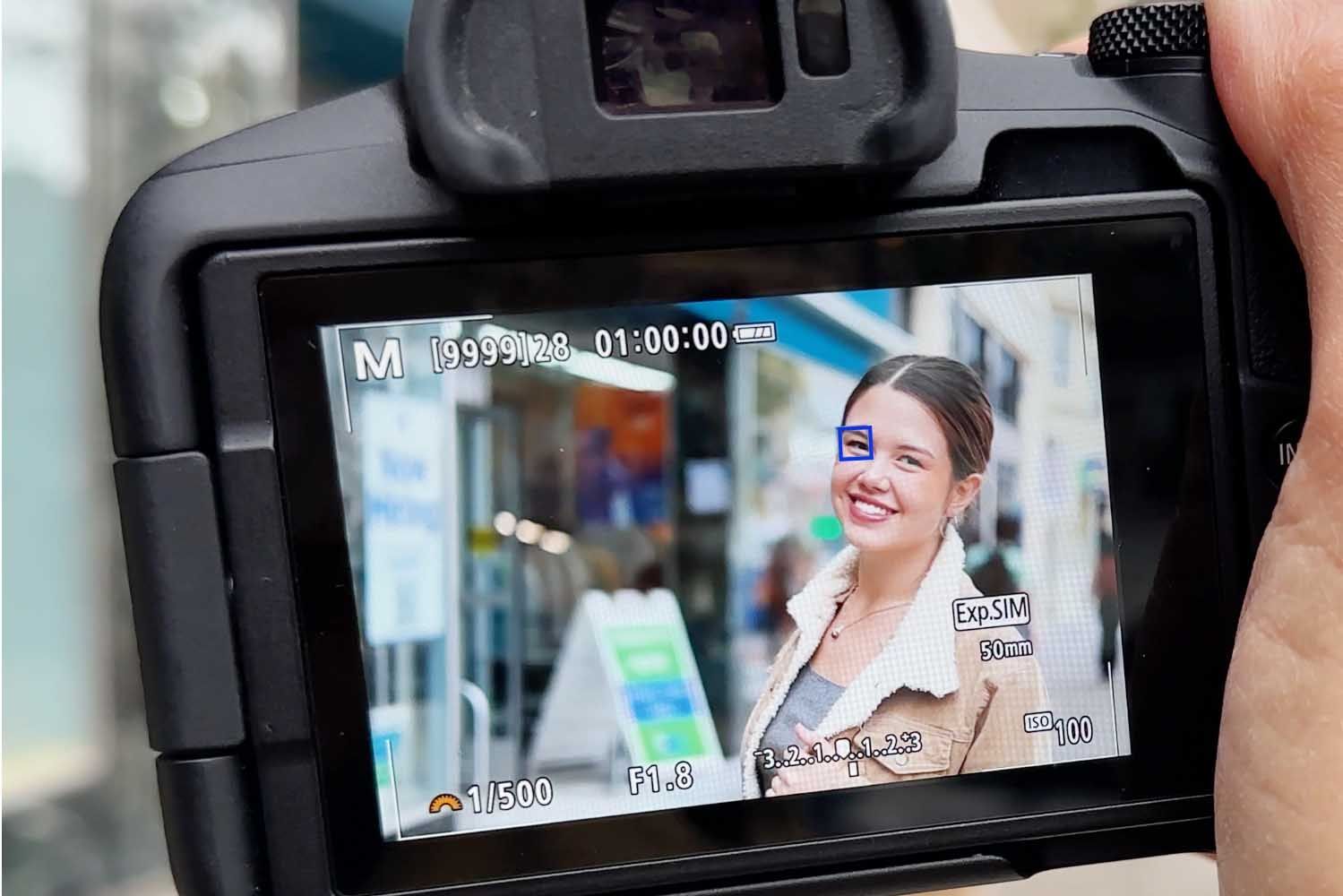
Slide title
Write your caption hereButton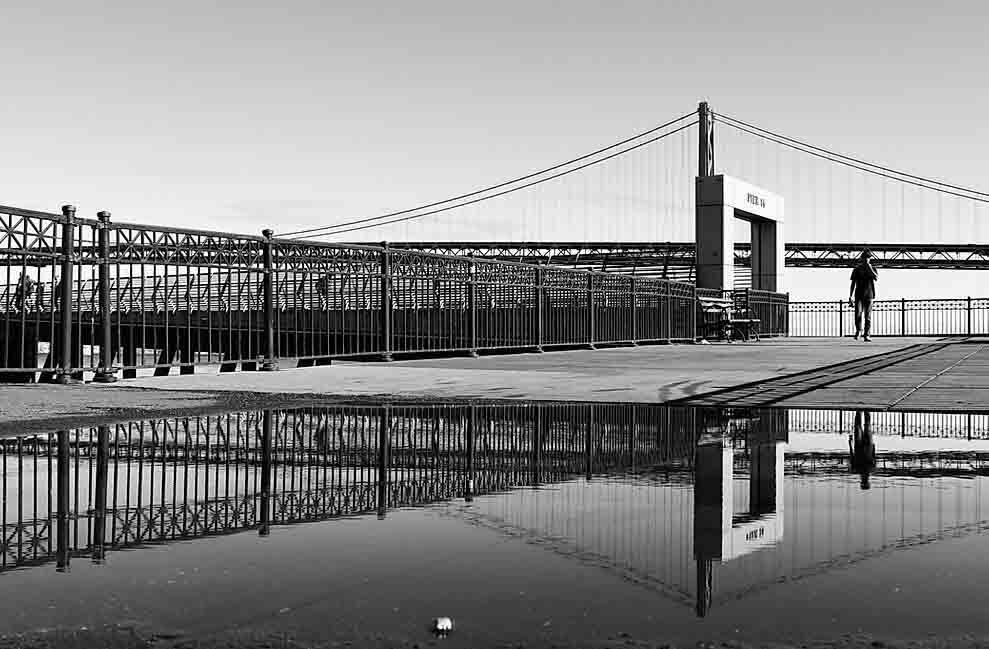
Slide title
Write your caption hereButton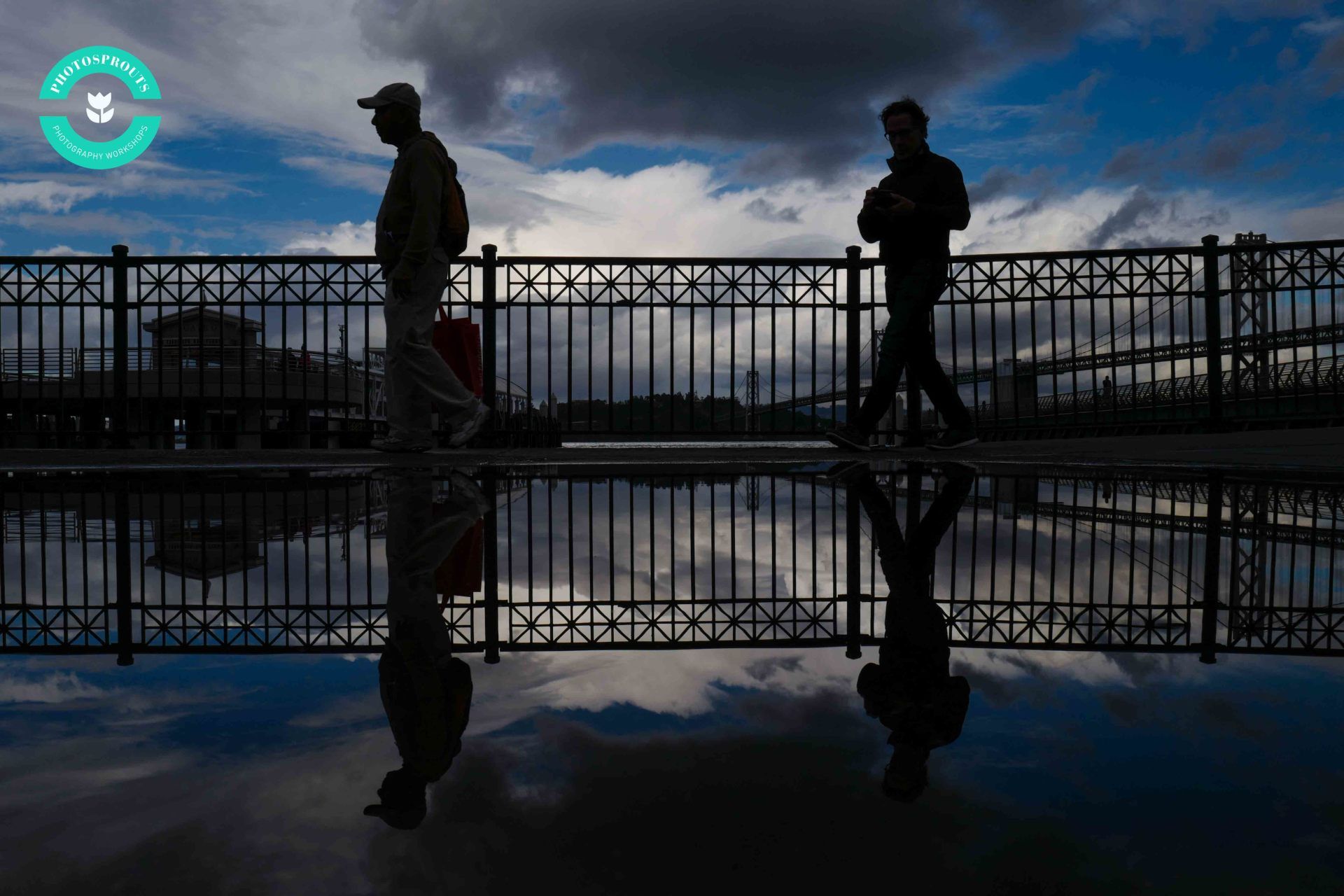
Slide title
Write your caption hereButton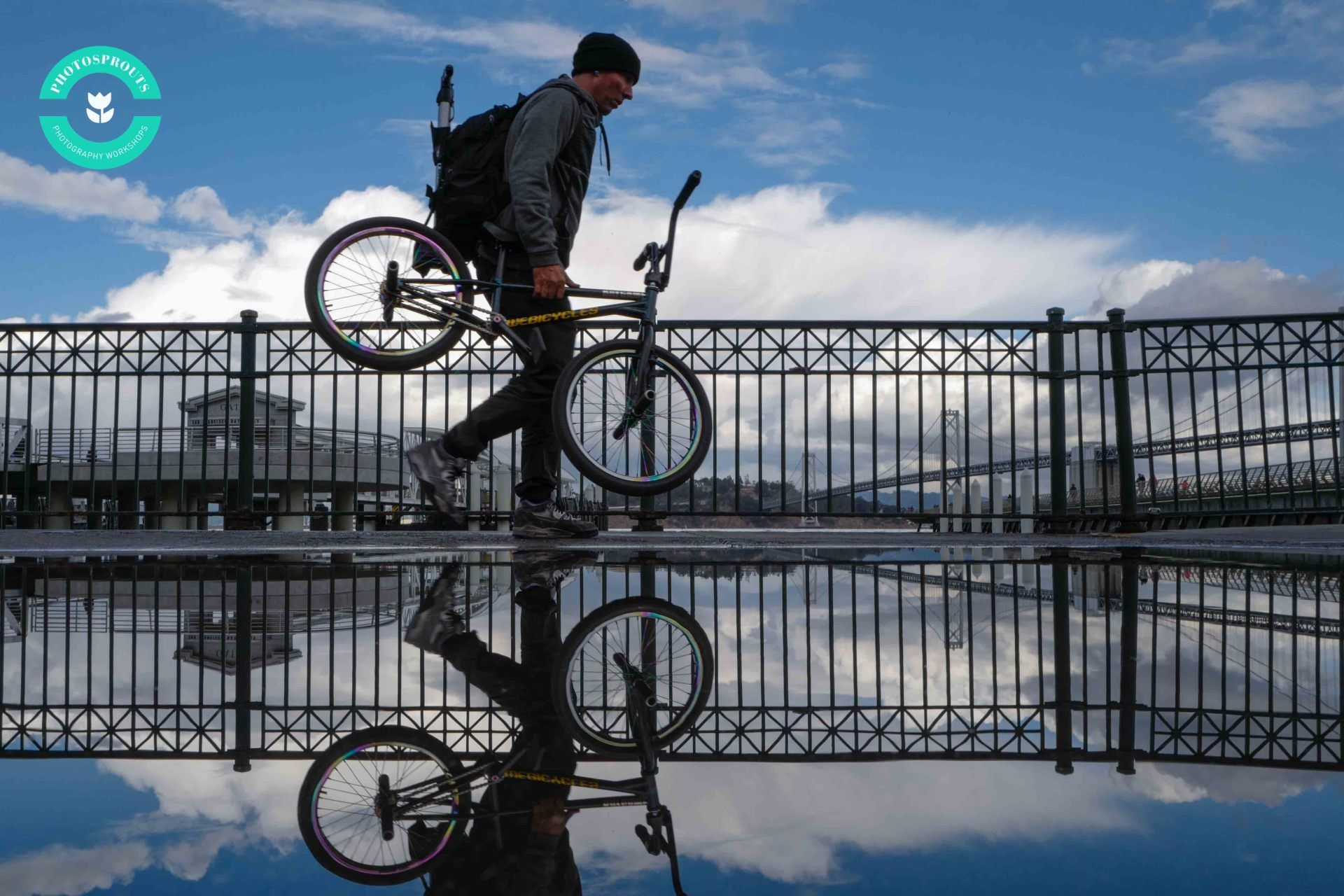
Slide title
Write your caption hereButton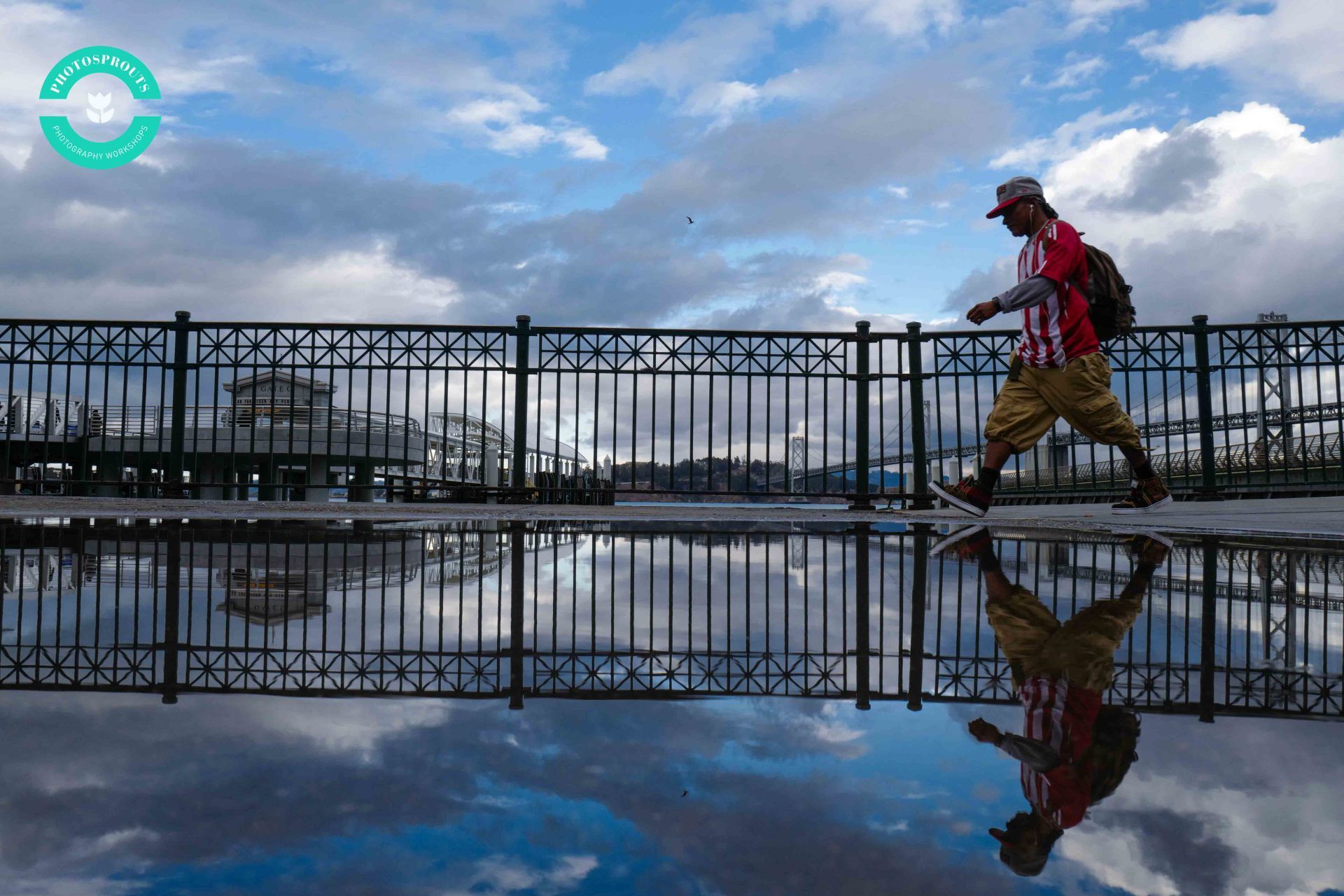
Slide title
Write your caption hereButton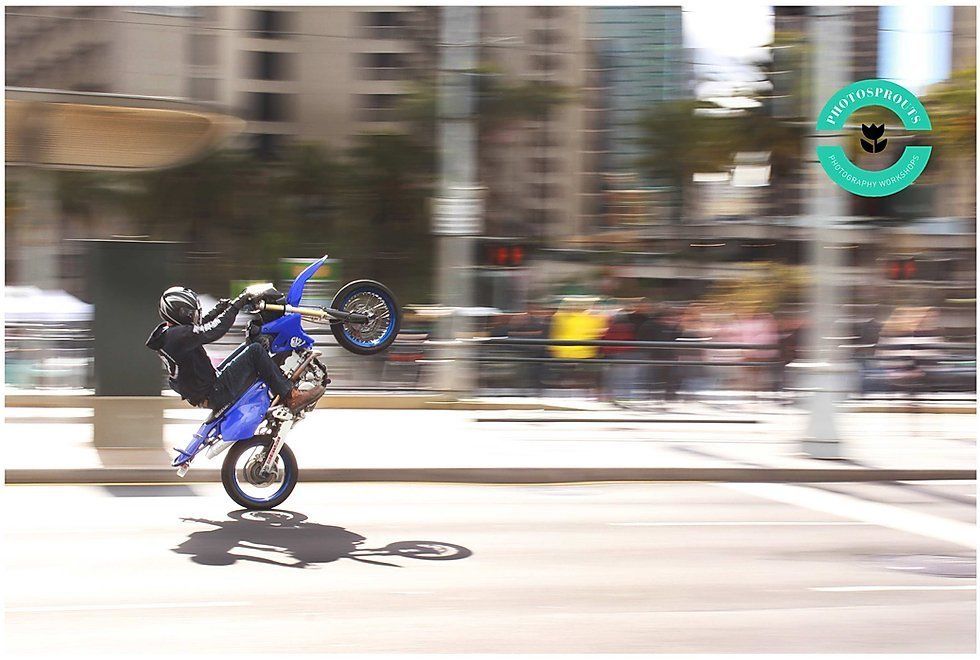
Slide title
Write your caption hereButton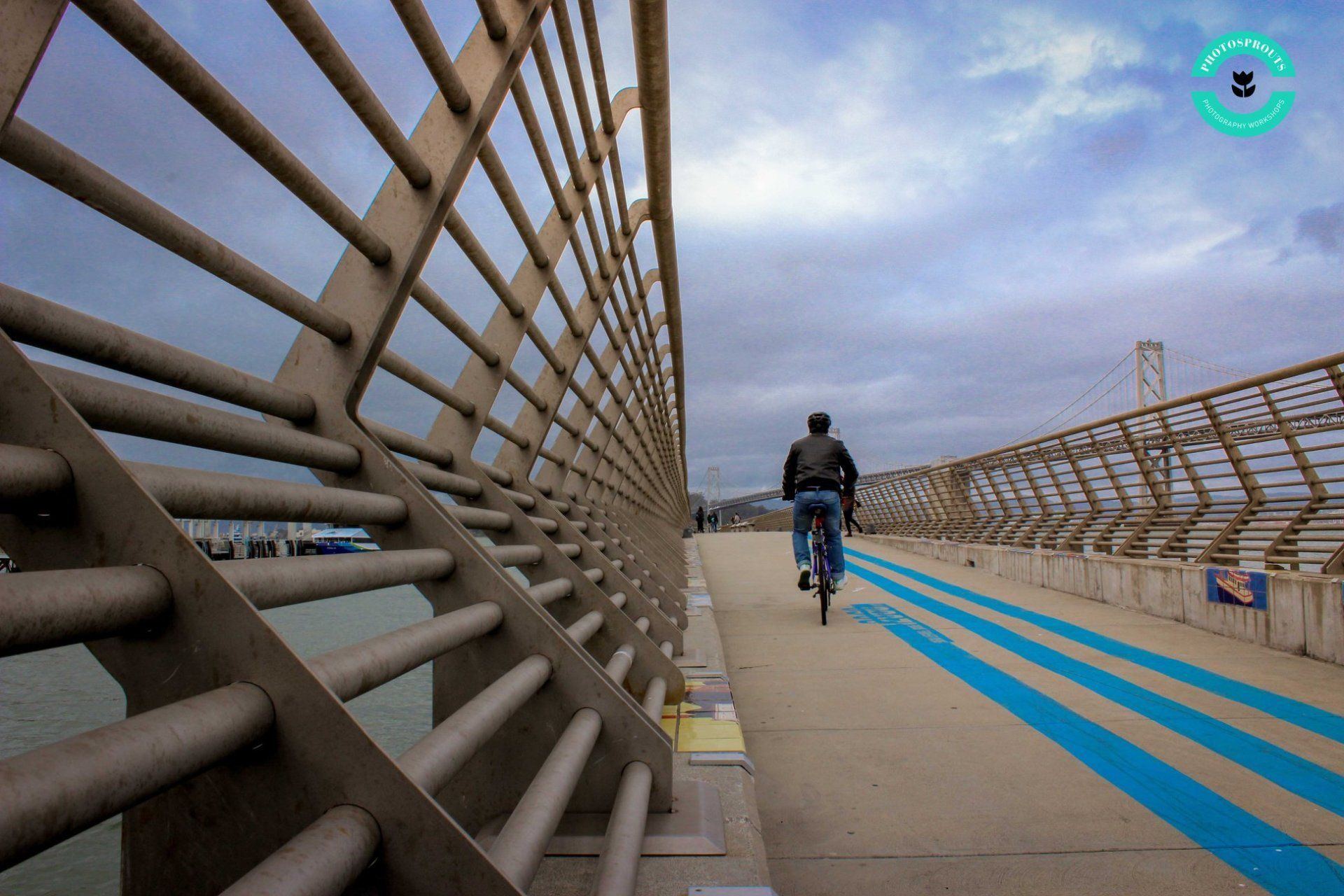
Slide title
Write your caption hereButton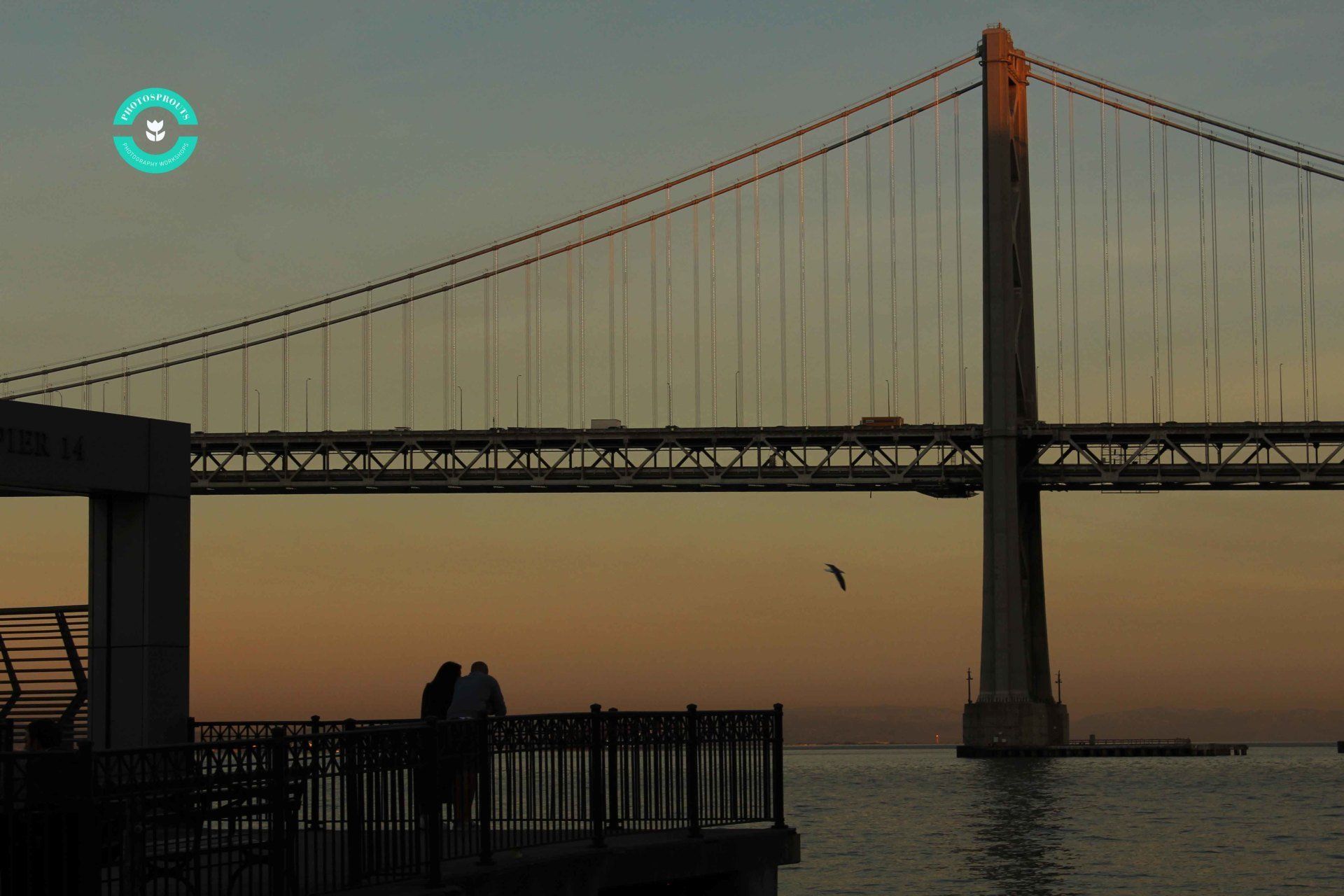
Slide title
Write your caption hereButton
Slide title
Write your caption hereButton
Slide title
Write your caption hereButton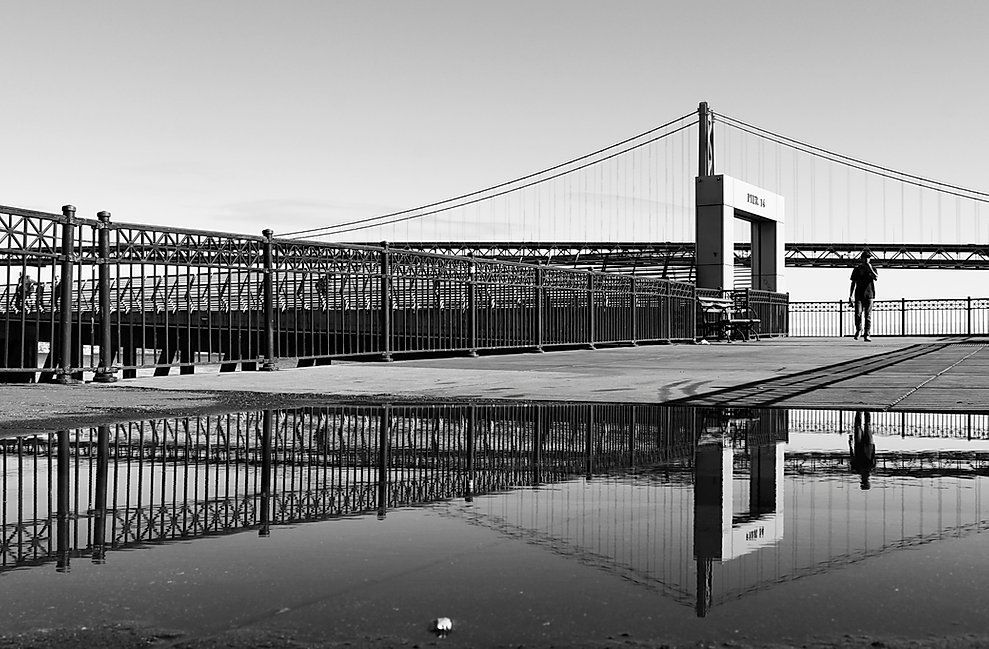
Slide title
Write your caption hereButton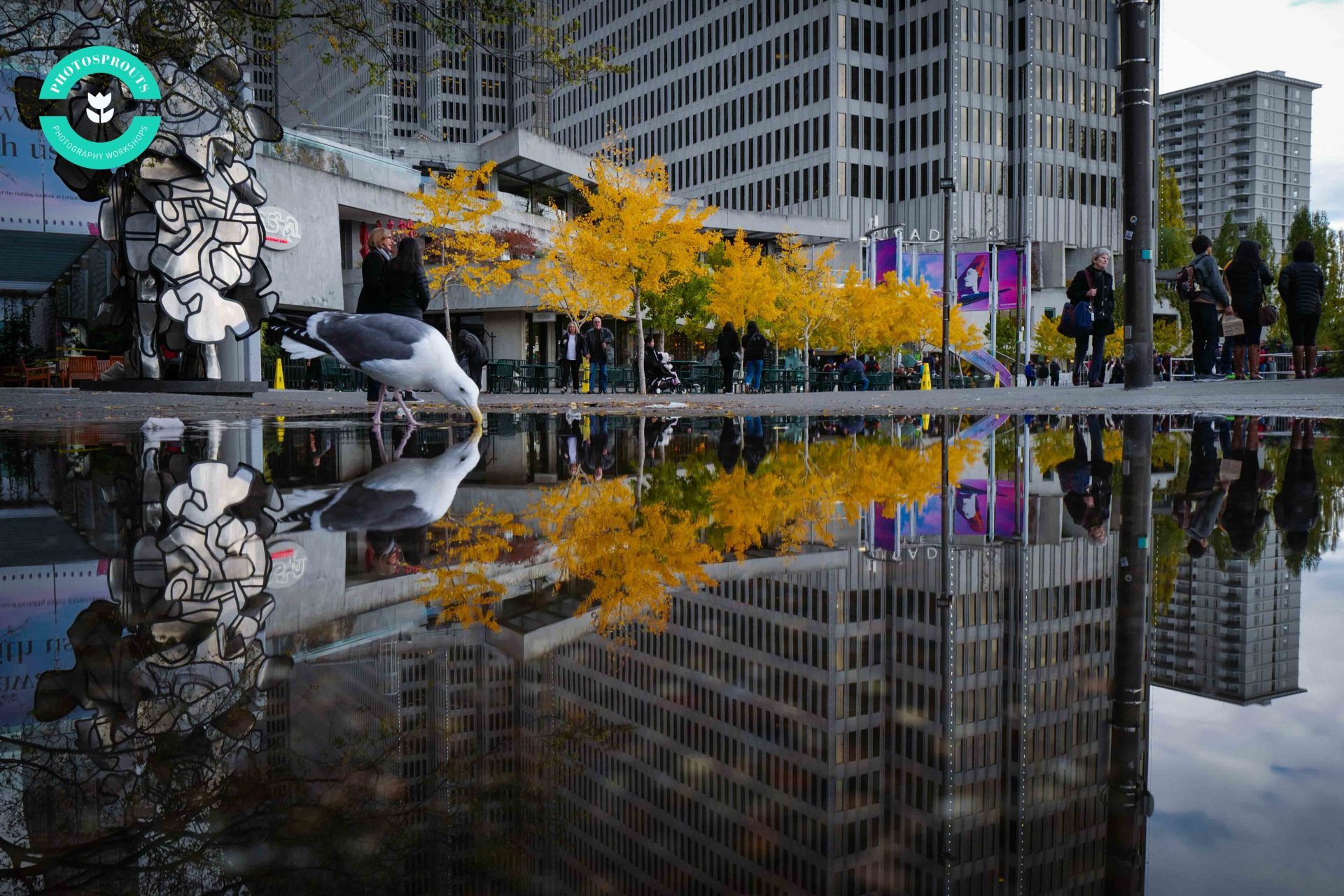
Slide title
Write your caption hereButton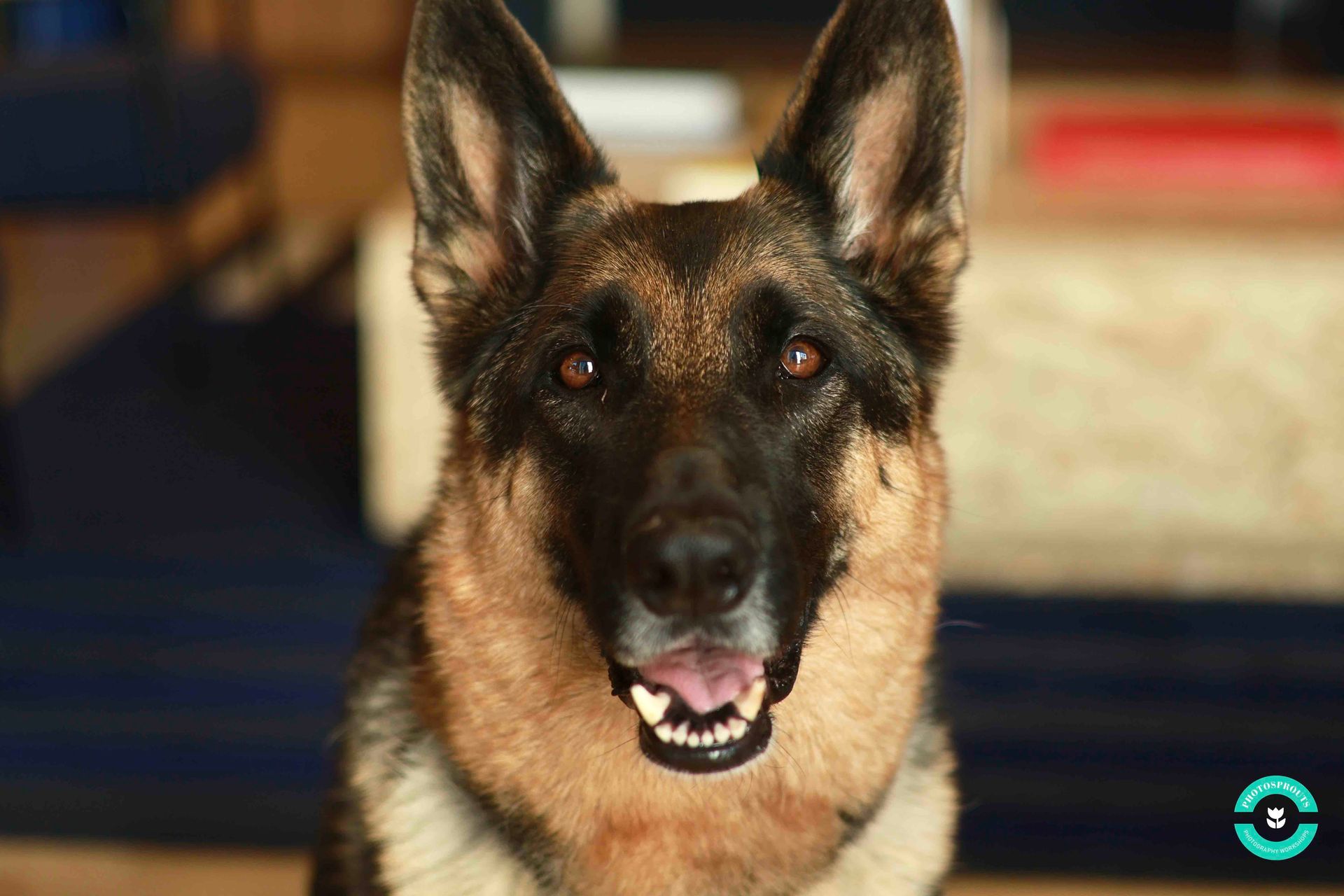
Slide title
Write your caption hereButton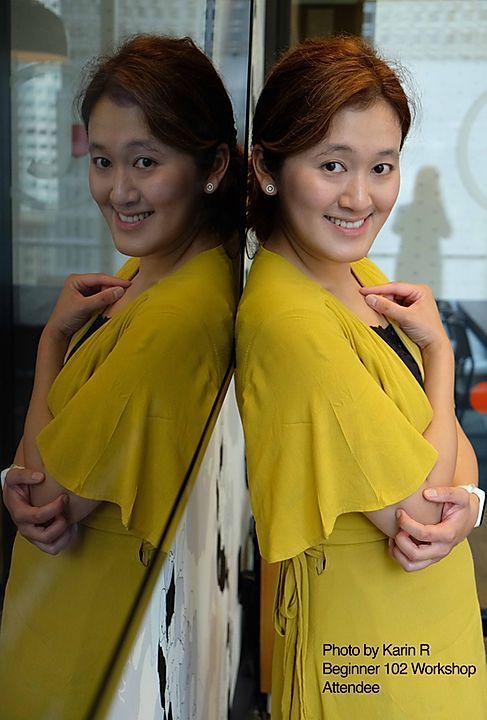
Slide title
Write your caption hereButton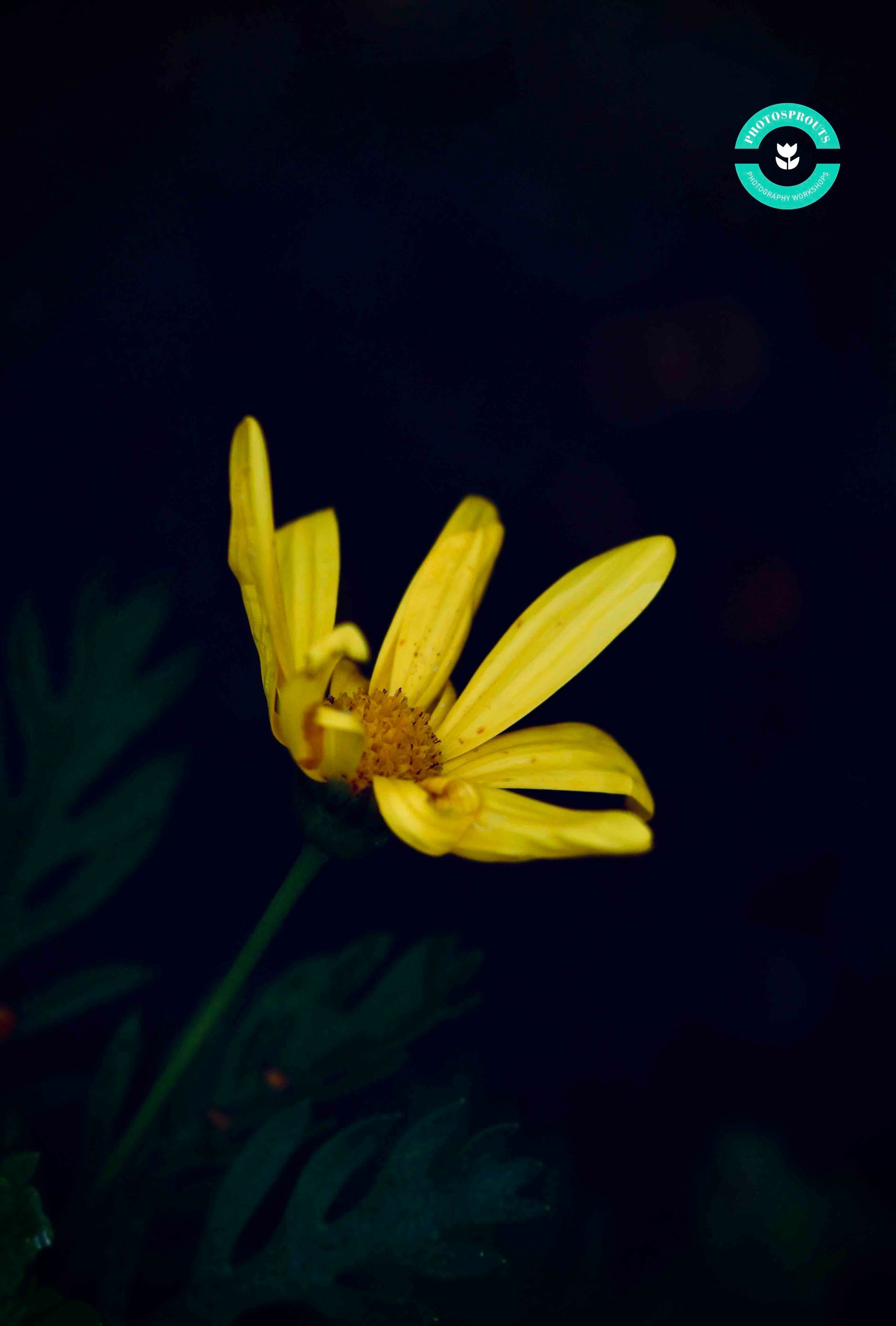
Slide title
Write your caption hereButton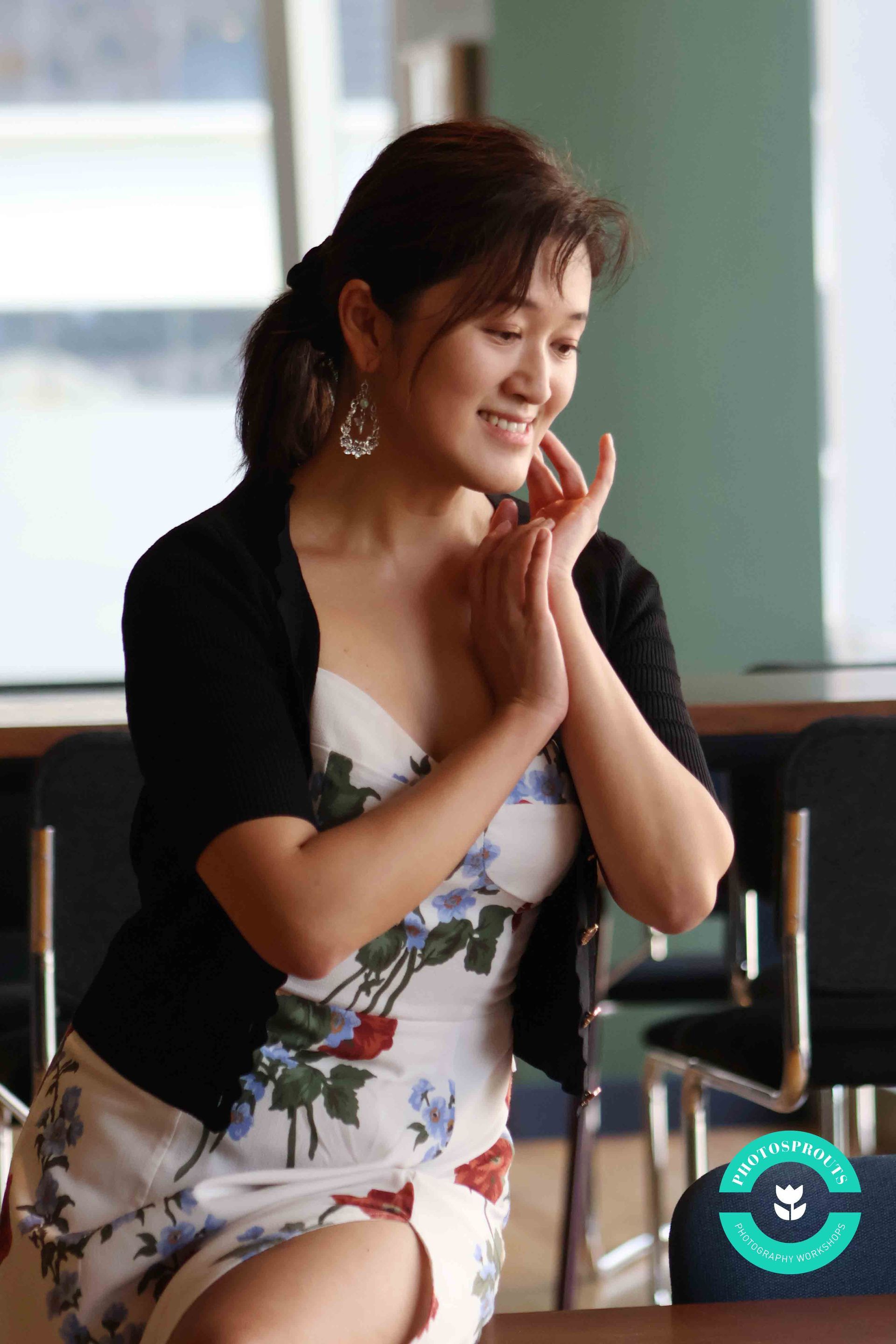
Slide title
Write your caption hereButton
Slide title
Write your caption hereButton
Slide title
Write your caption hereButton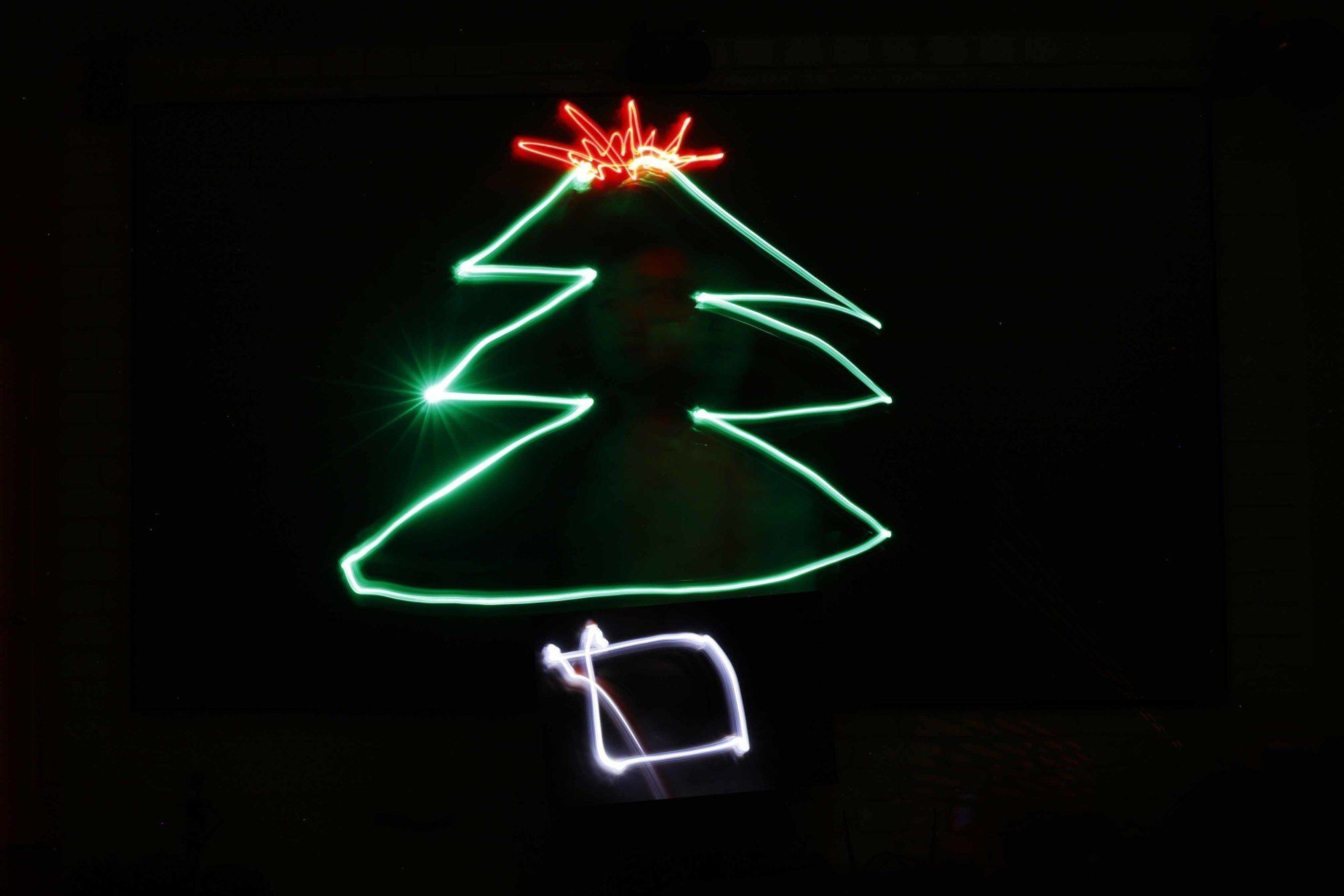
Slide title
Write your caption hereButton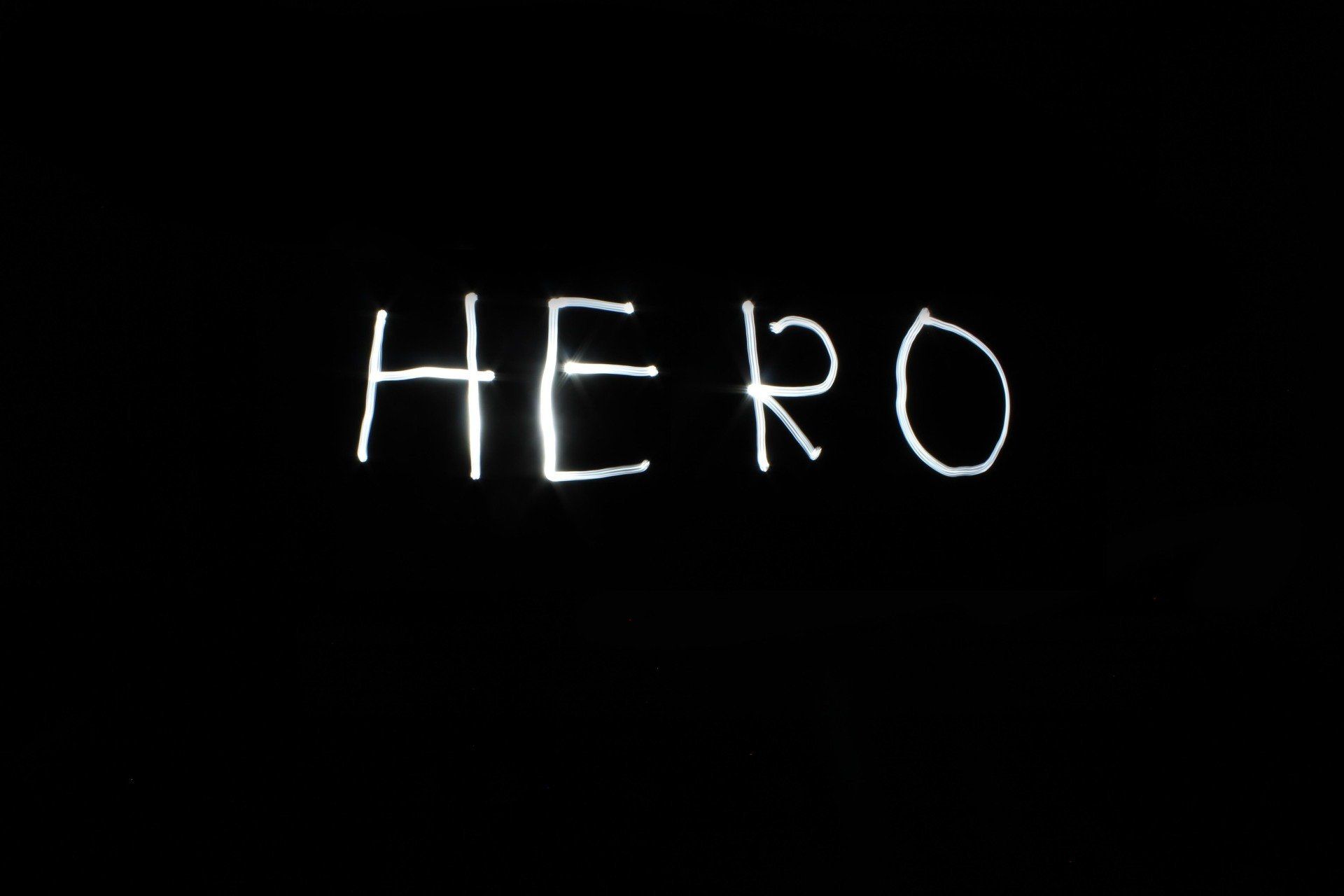
Slide title
Write your caption hereButton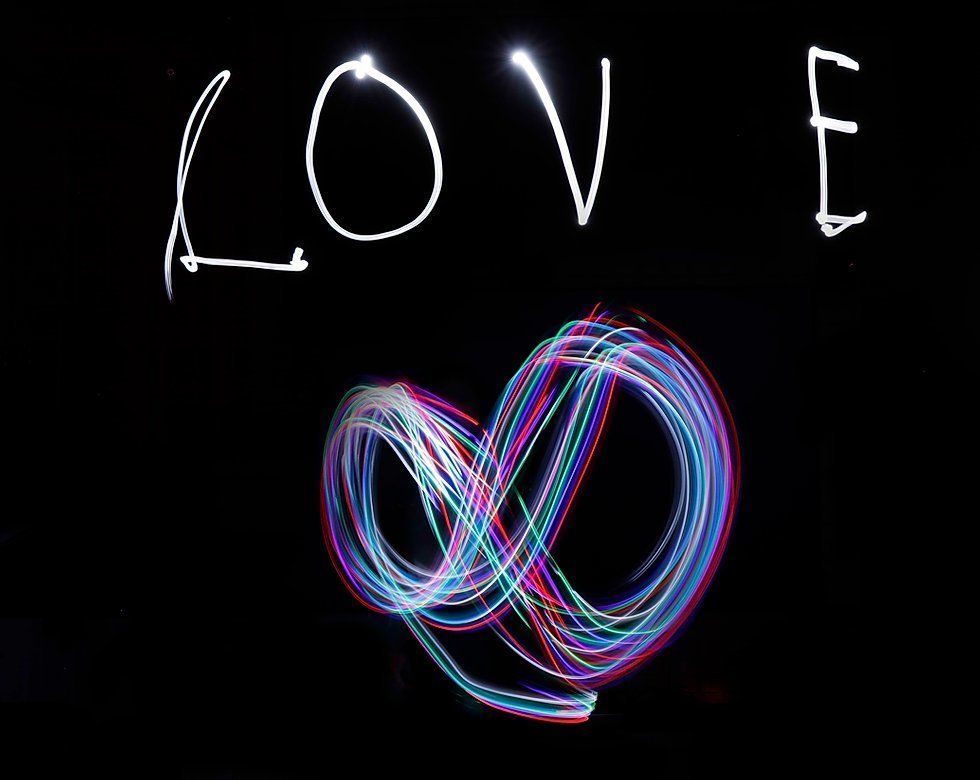
Slide title
Write your caption hereButton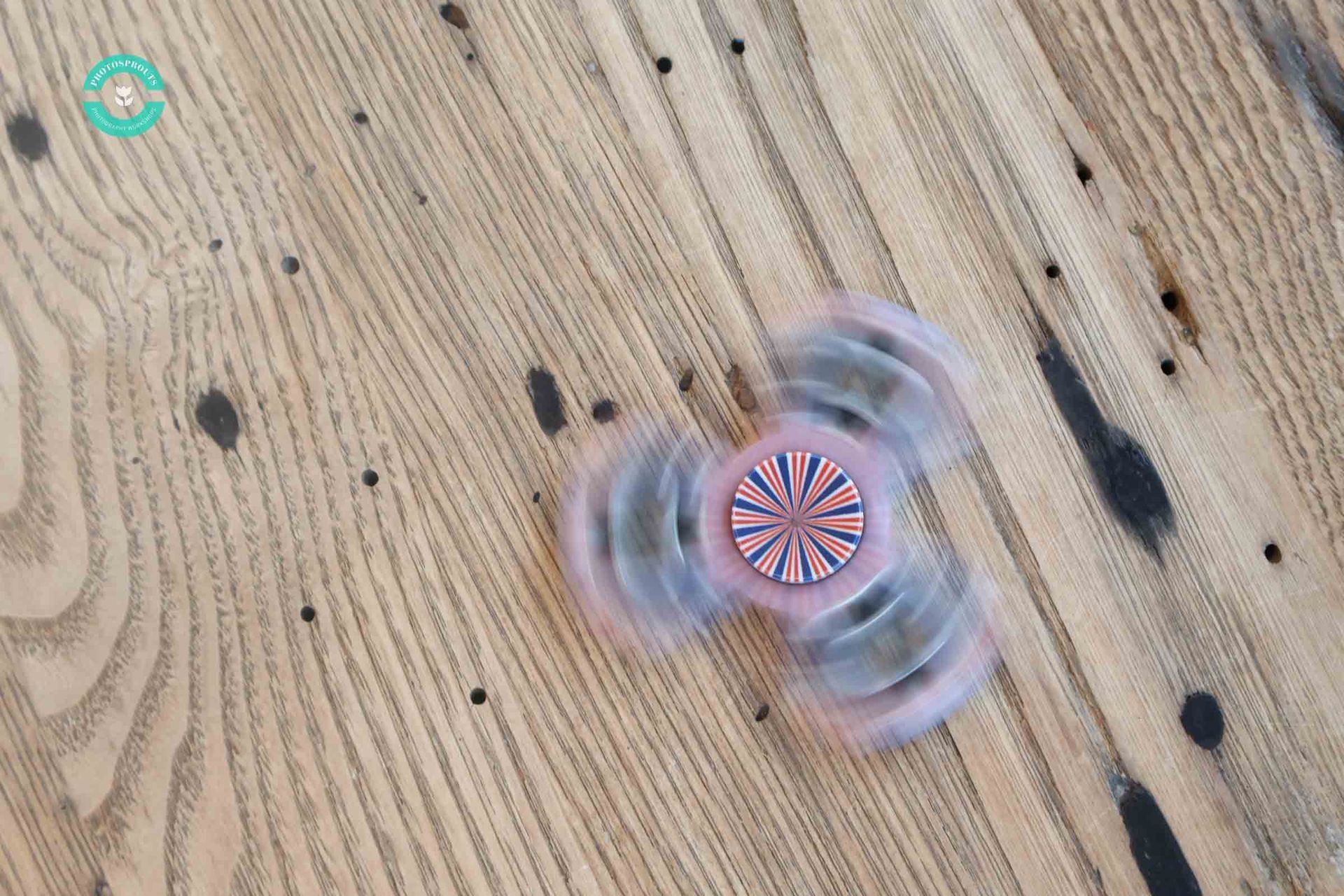
Slide title
Write your caption hereButton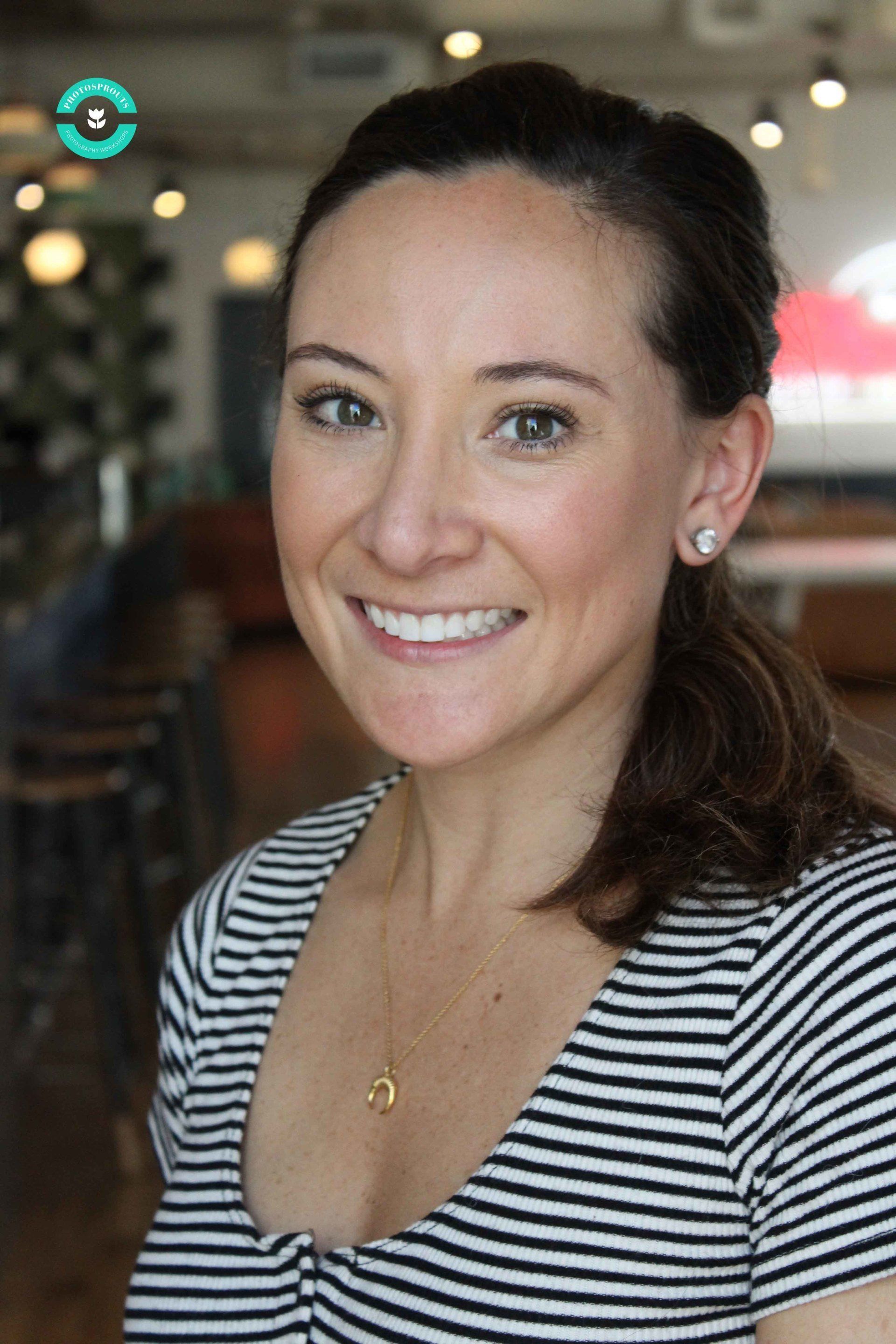
Slide title
Write your caption hereButton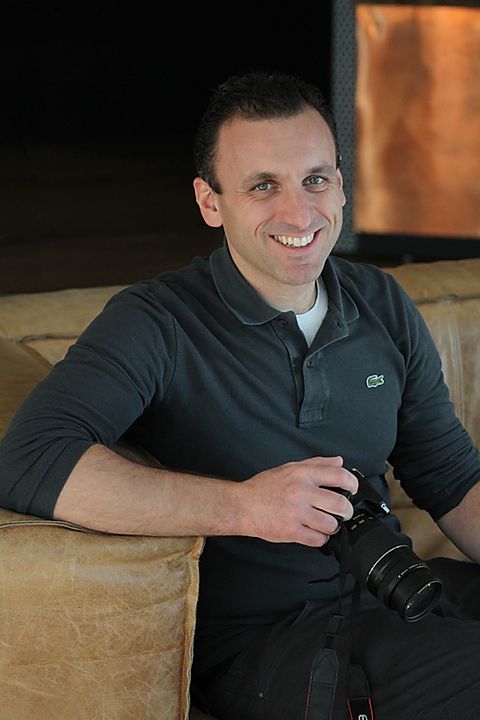
Slide title
Write your caption hereButton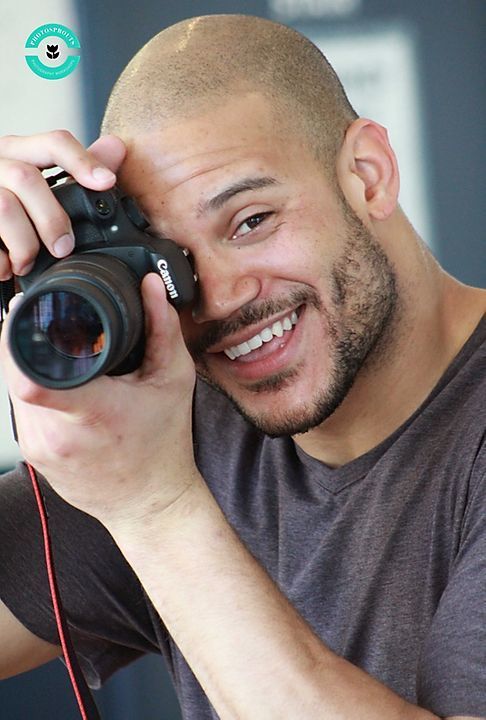
Slide title
Write your caption hereButton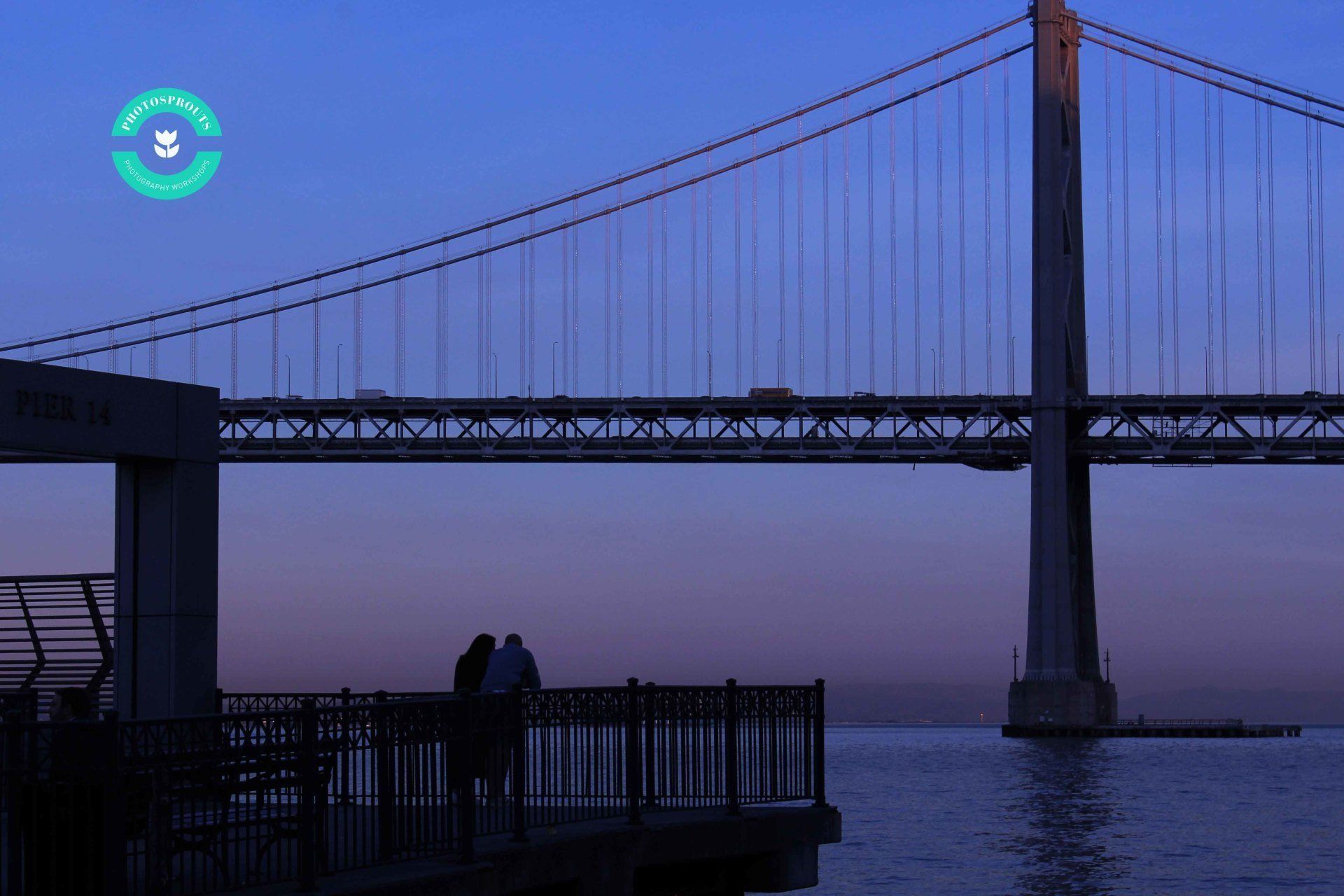
Slide title
Write your caption hereButton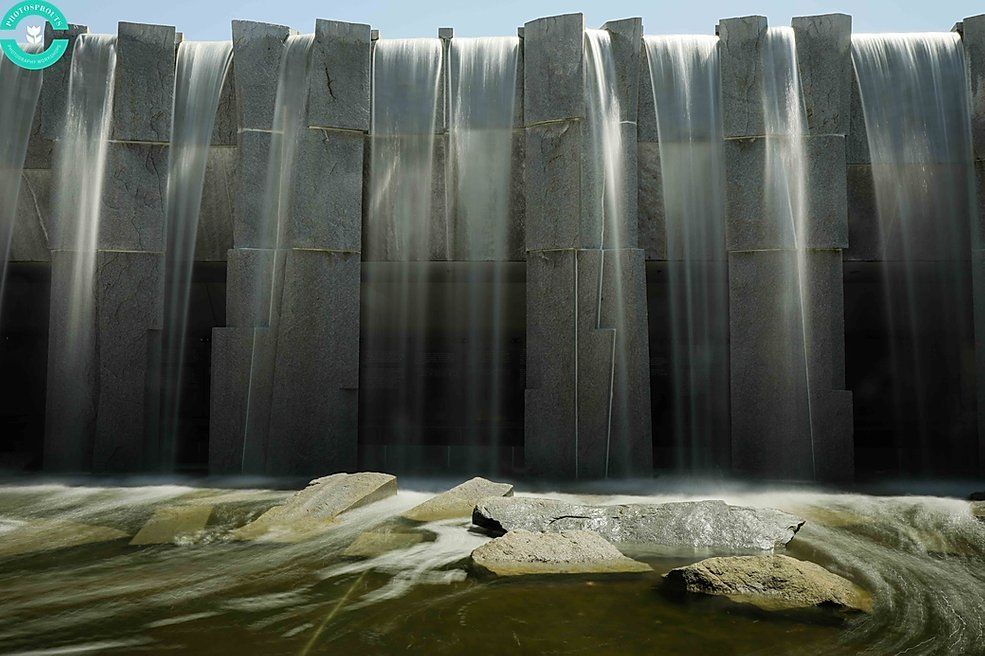
Slide title
Write your caption hereButton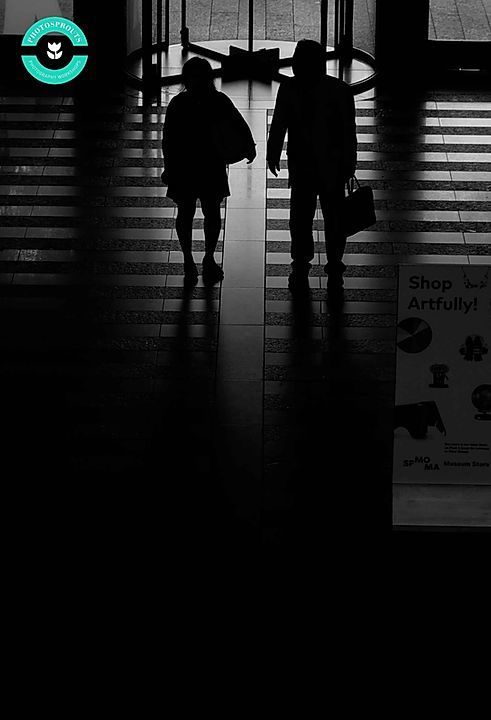
Slide title
Write your caption hereButton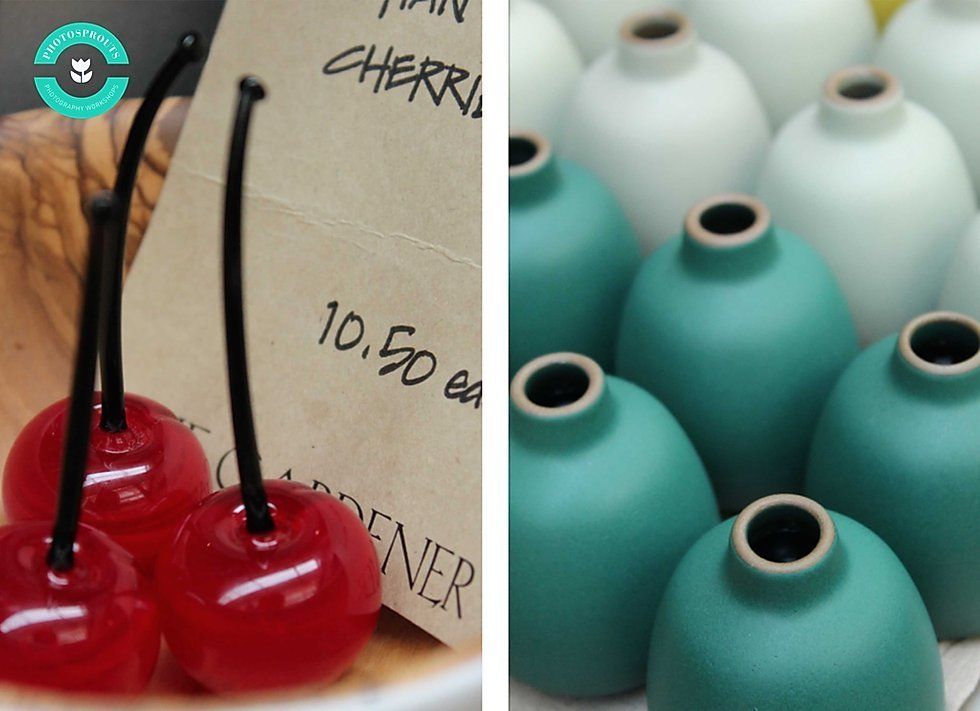
Slide title
Write your caption hereButton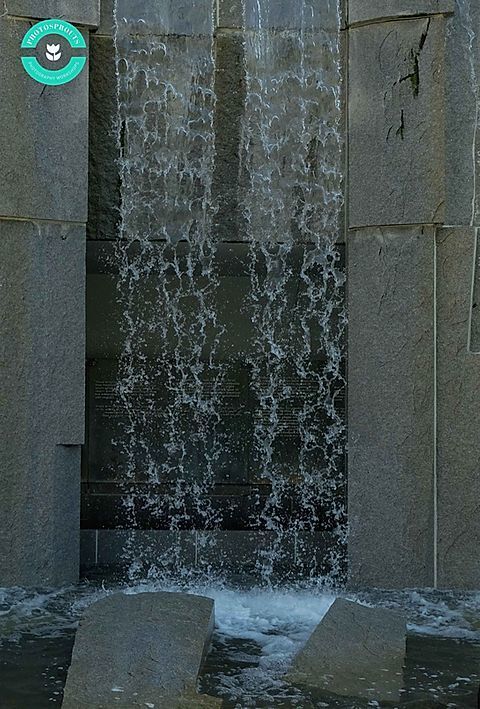
Slide title
Write your caption hereButton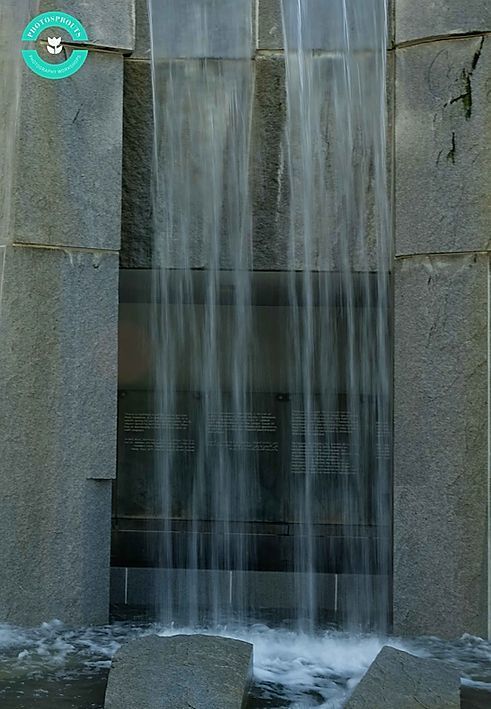
Slide title
Write your caption hereButton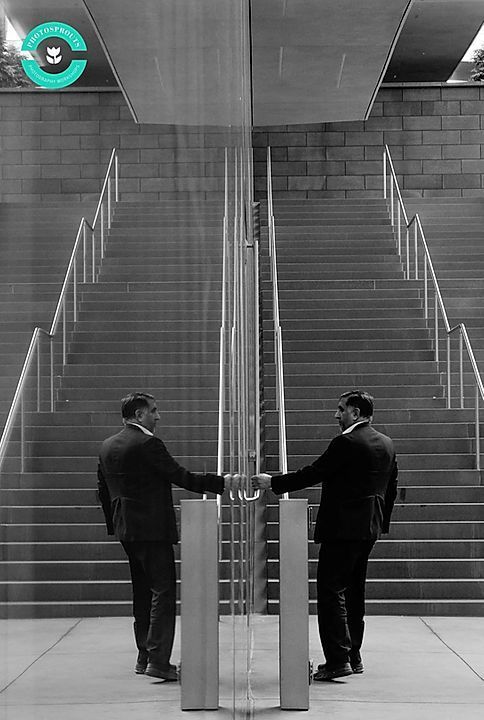
Slide title
Write your caption hereButton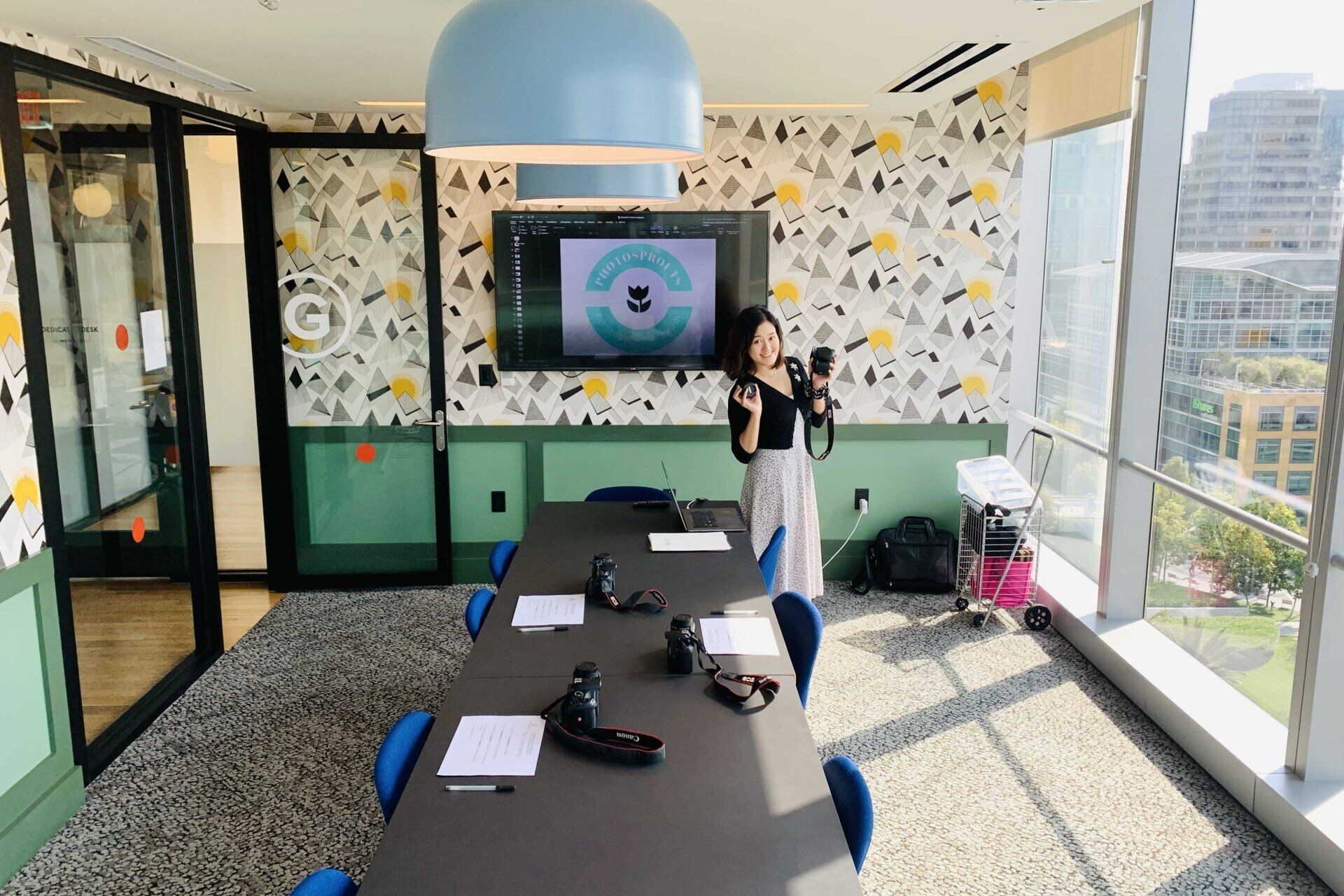
Slide title
Write your caption hereButton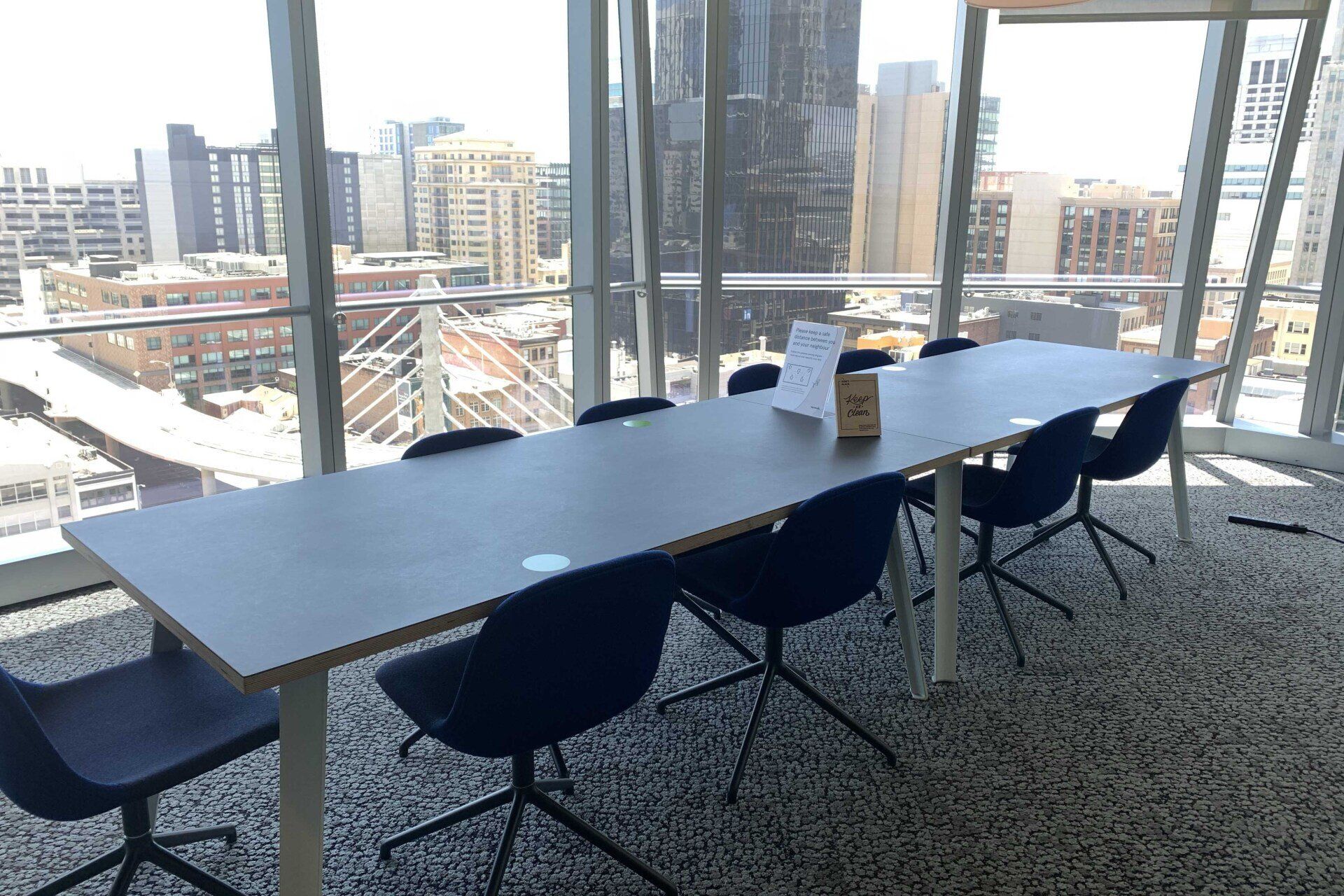
Slide title
Write your caption hereButton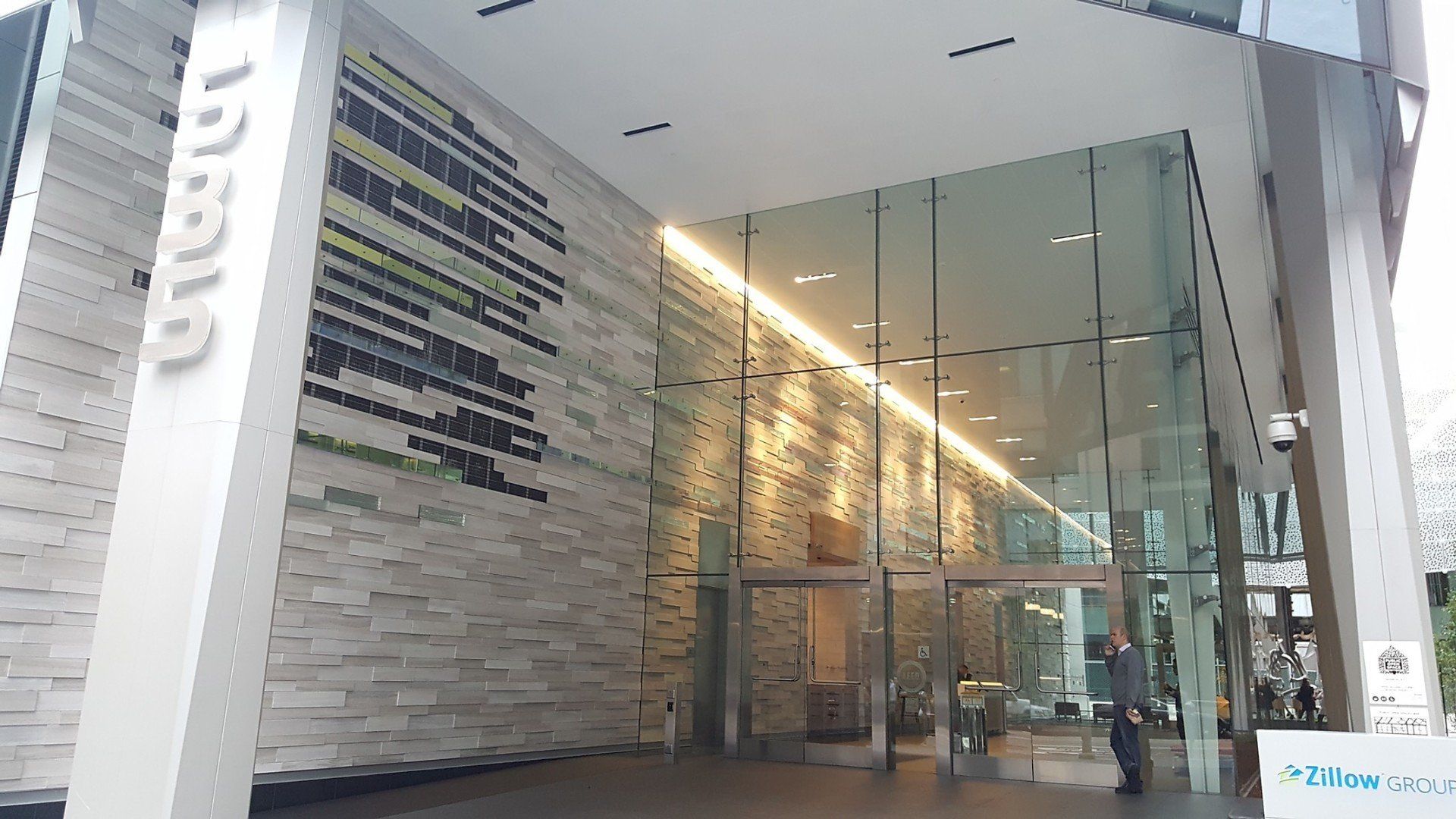
Slide title
Write your caption hereButton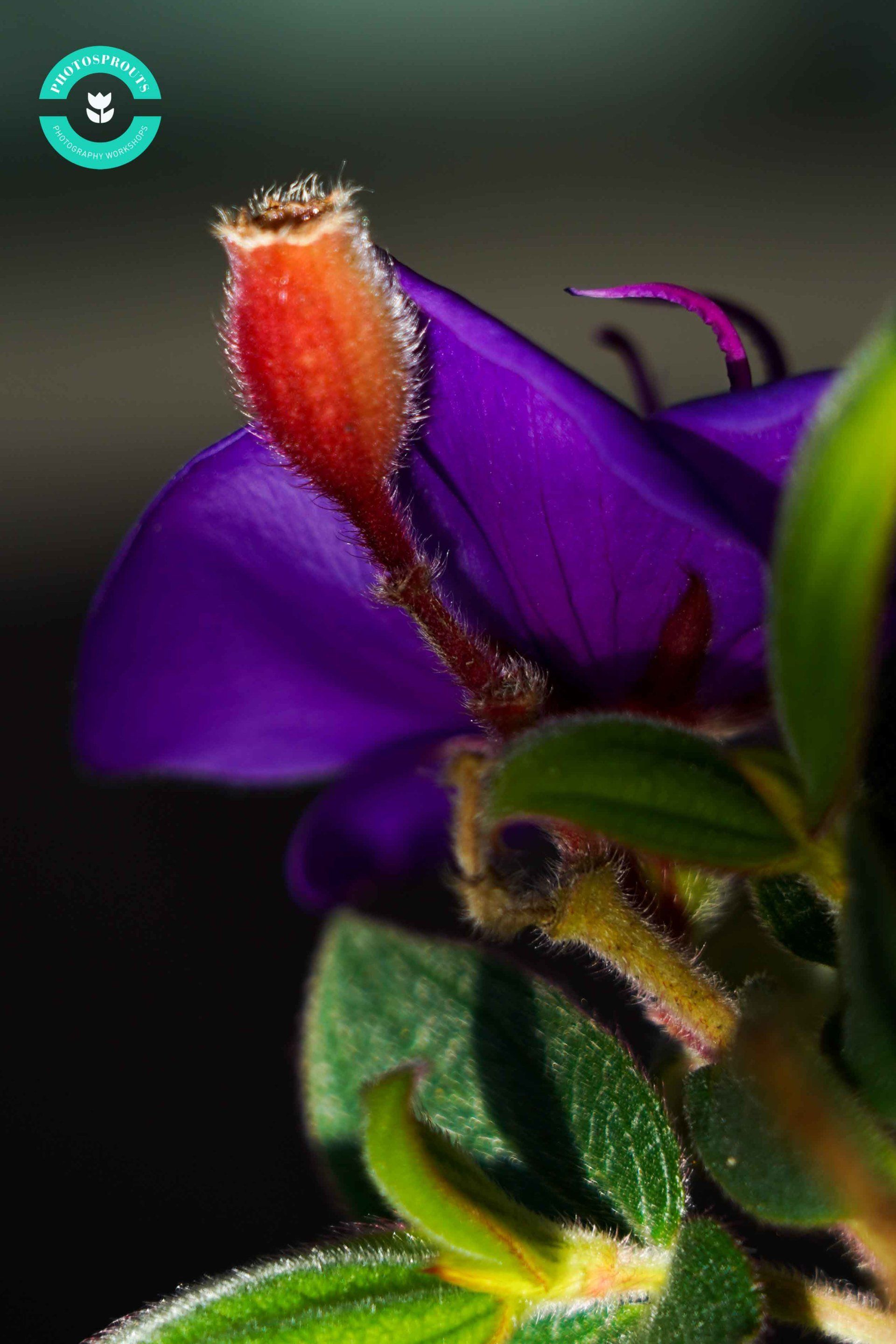
Slide title
Write your caption hereButton


